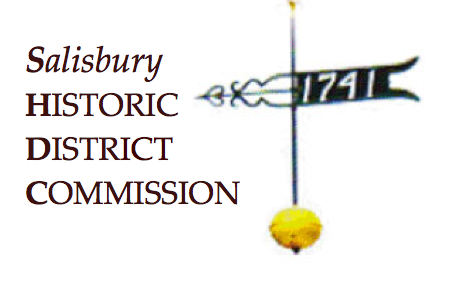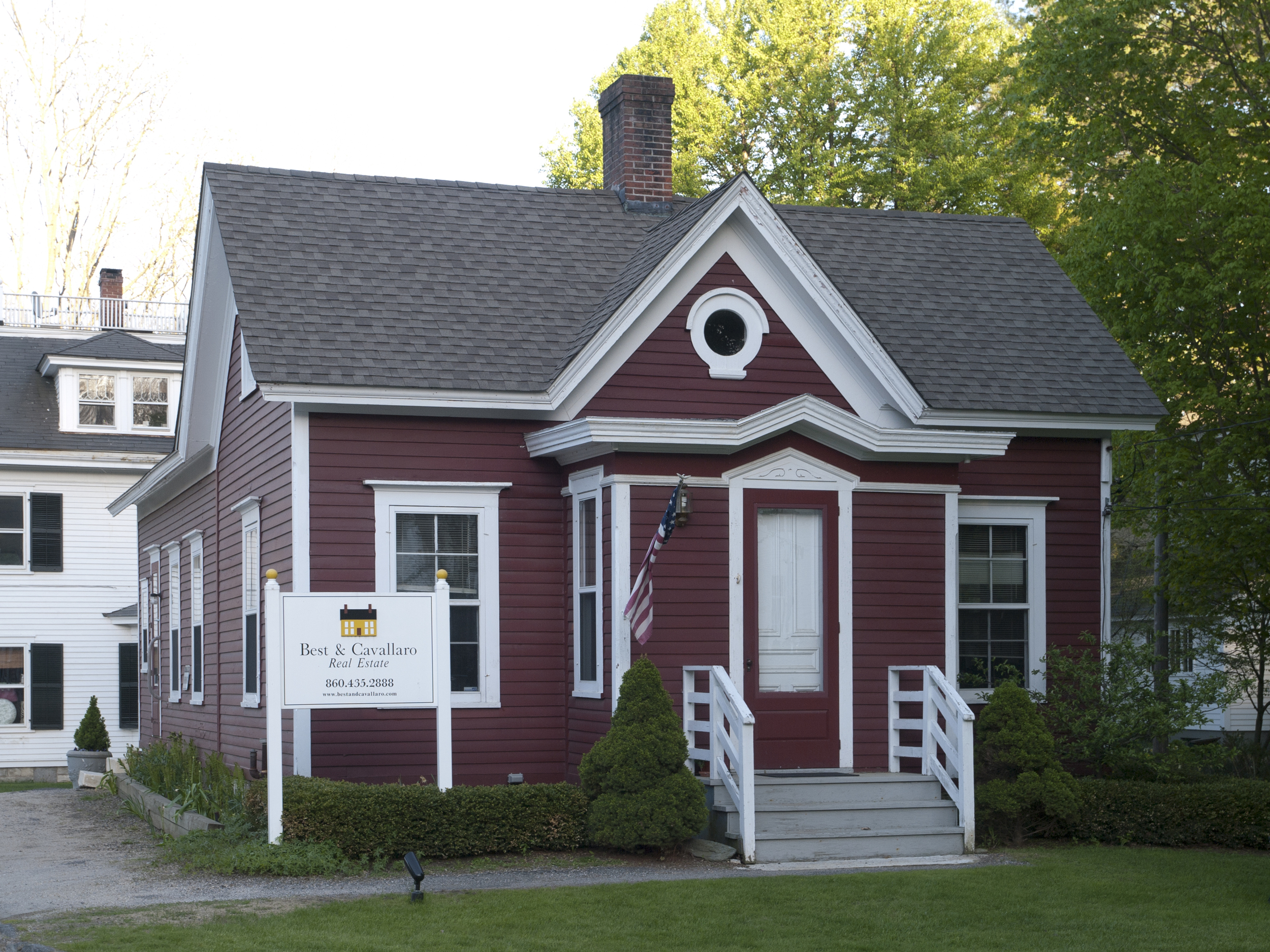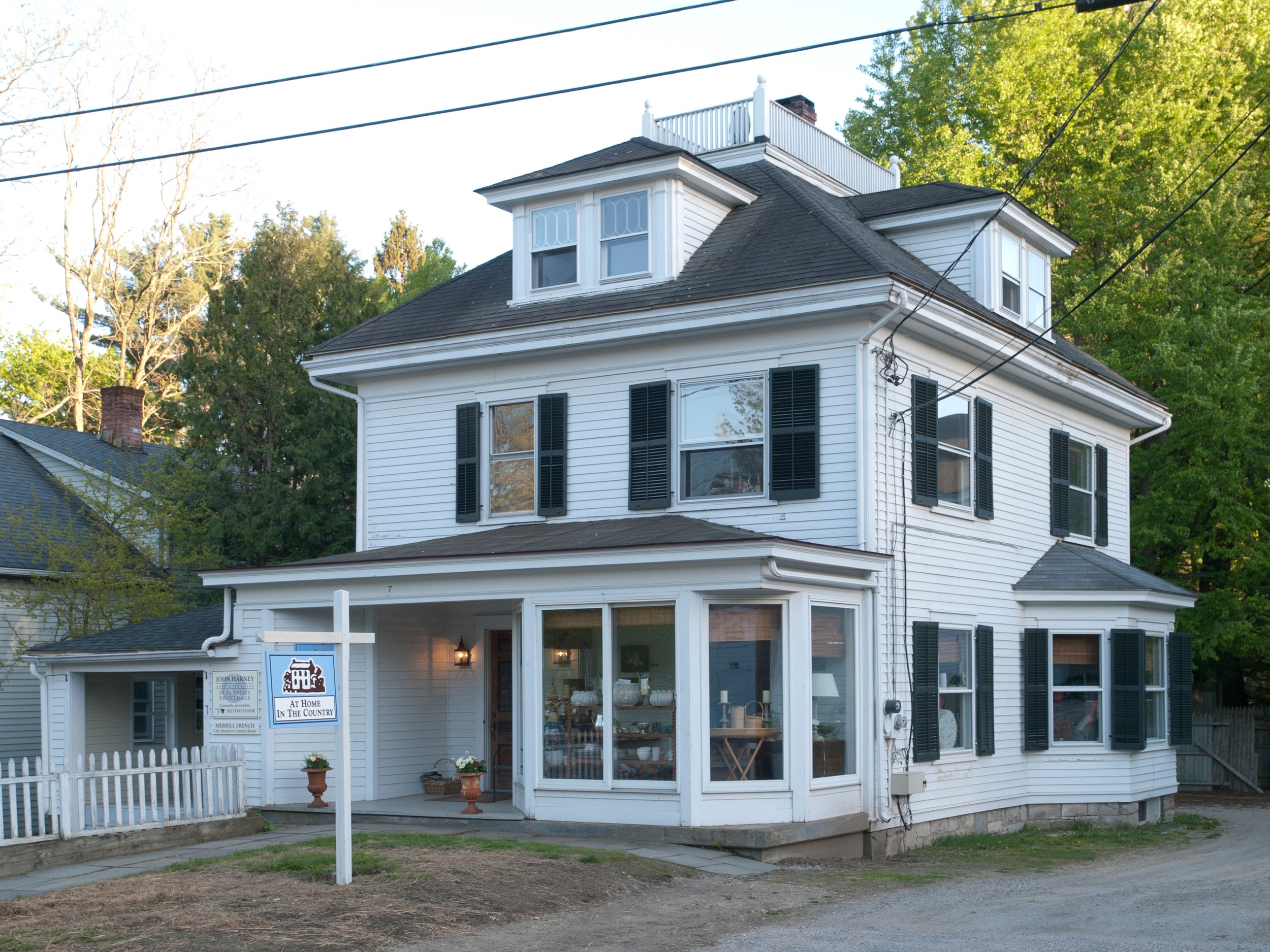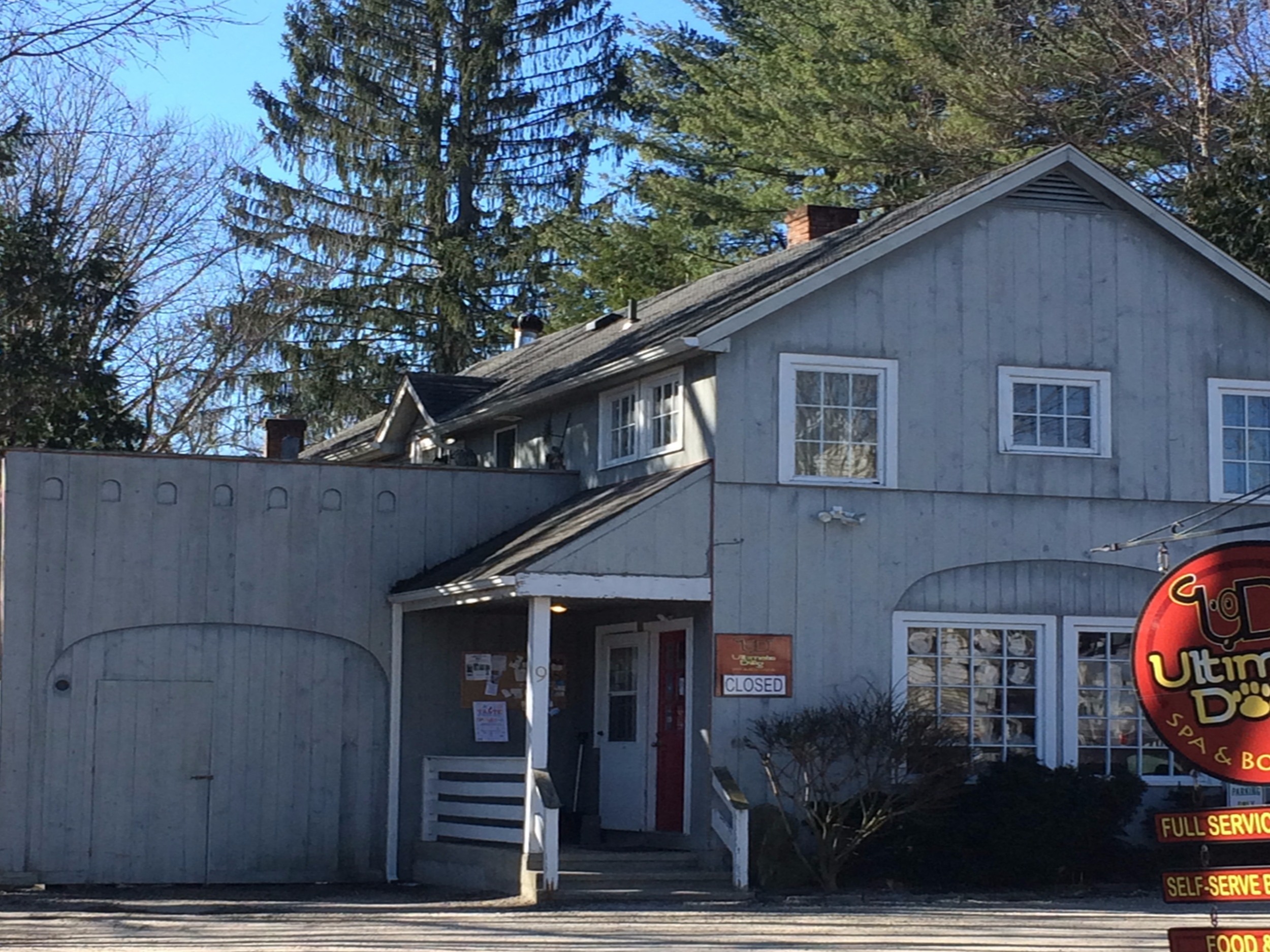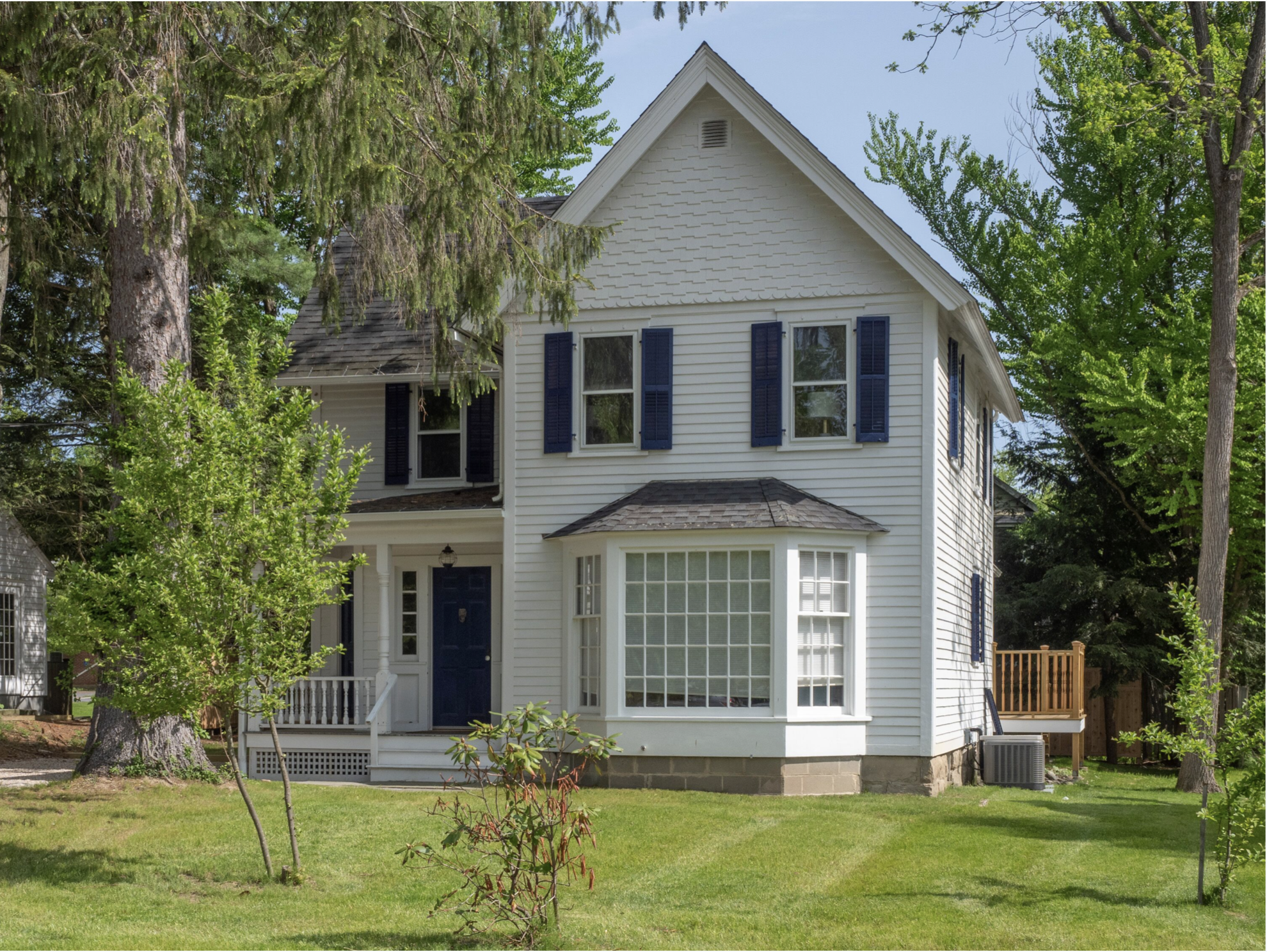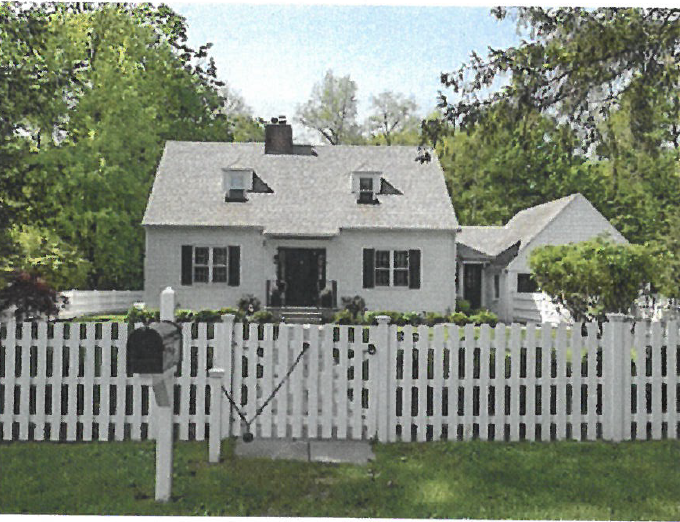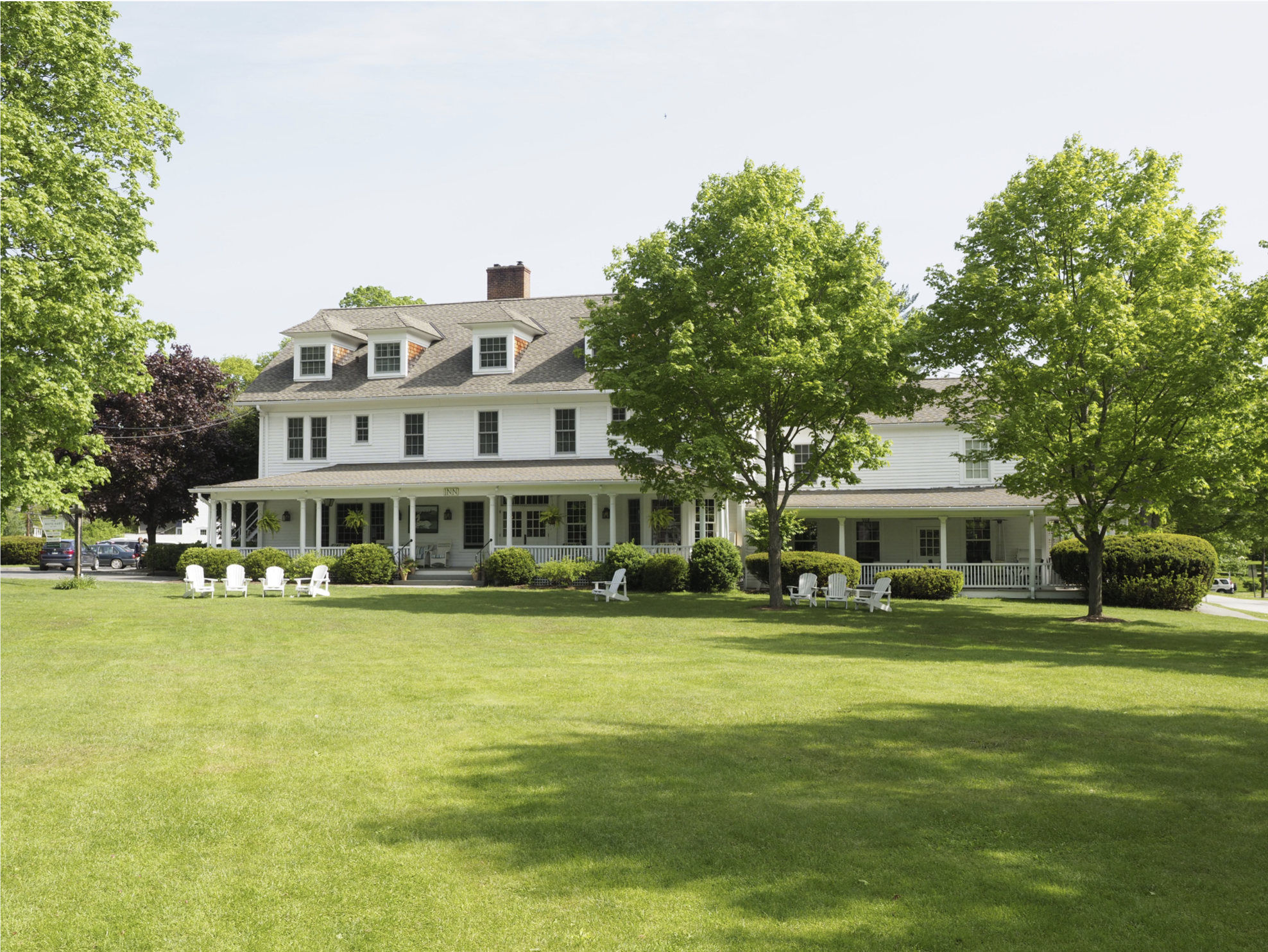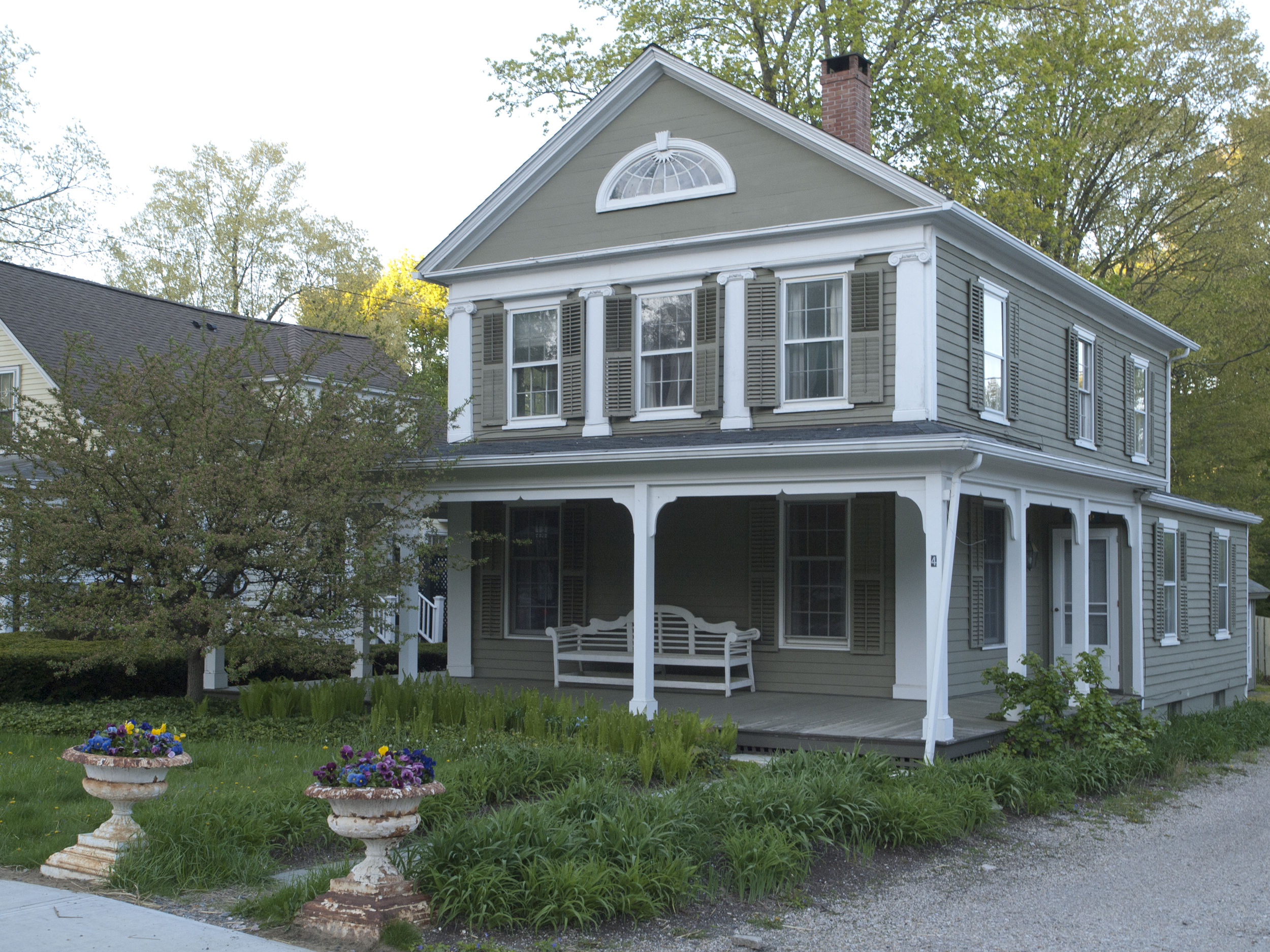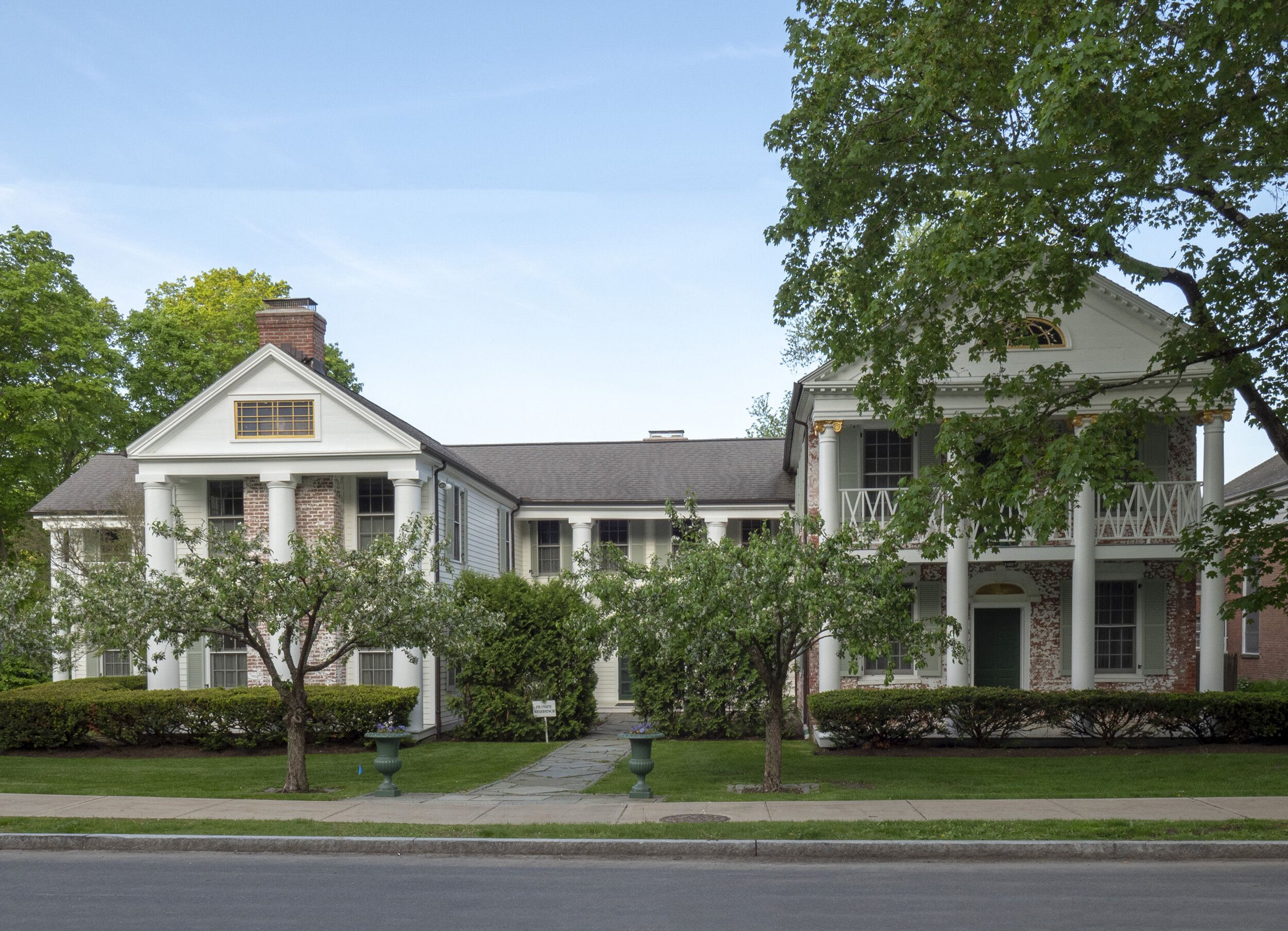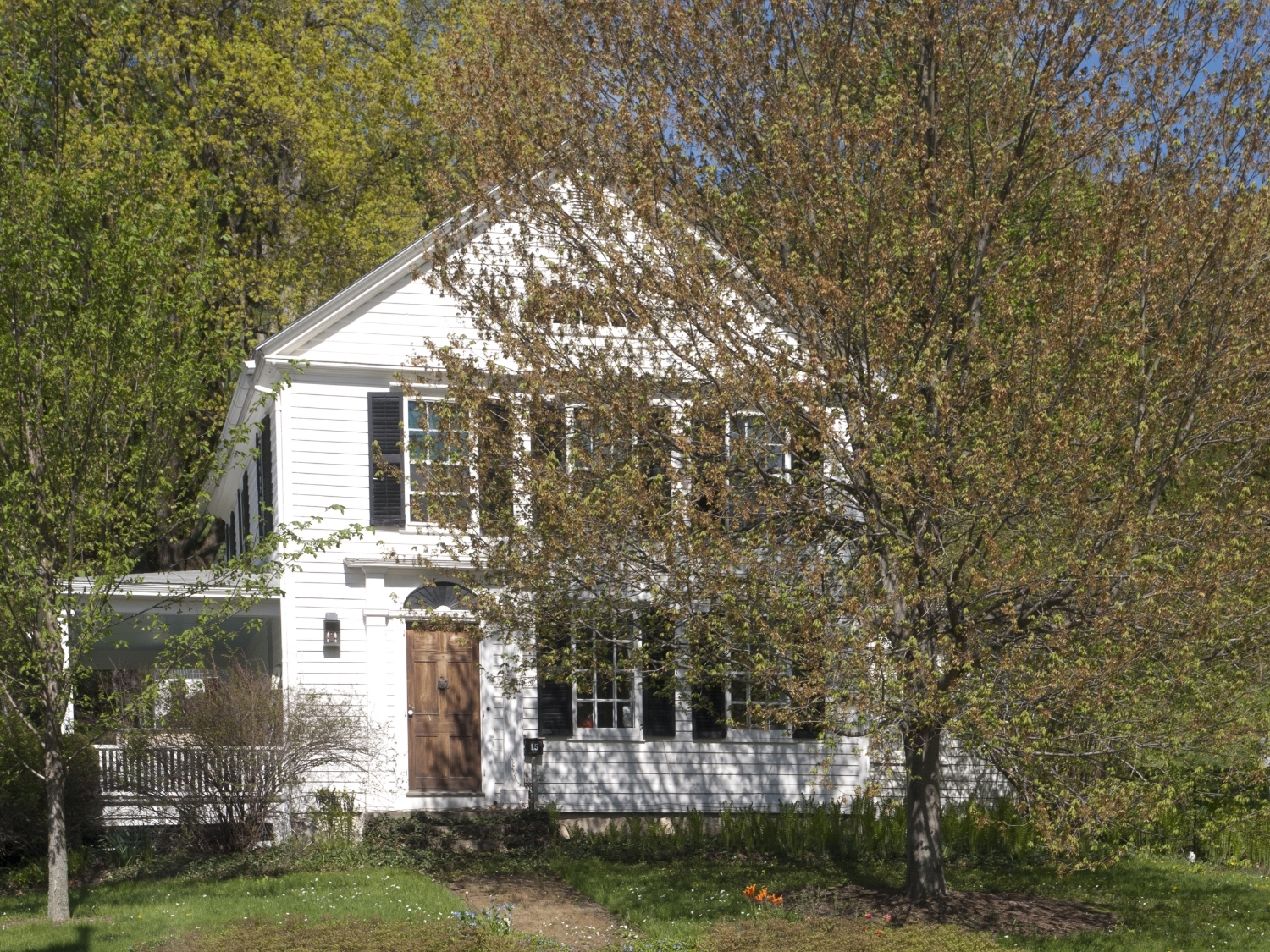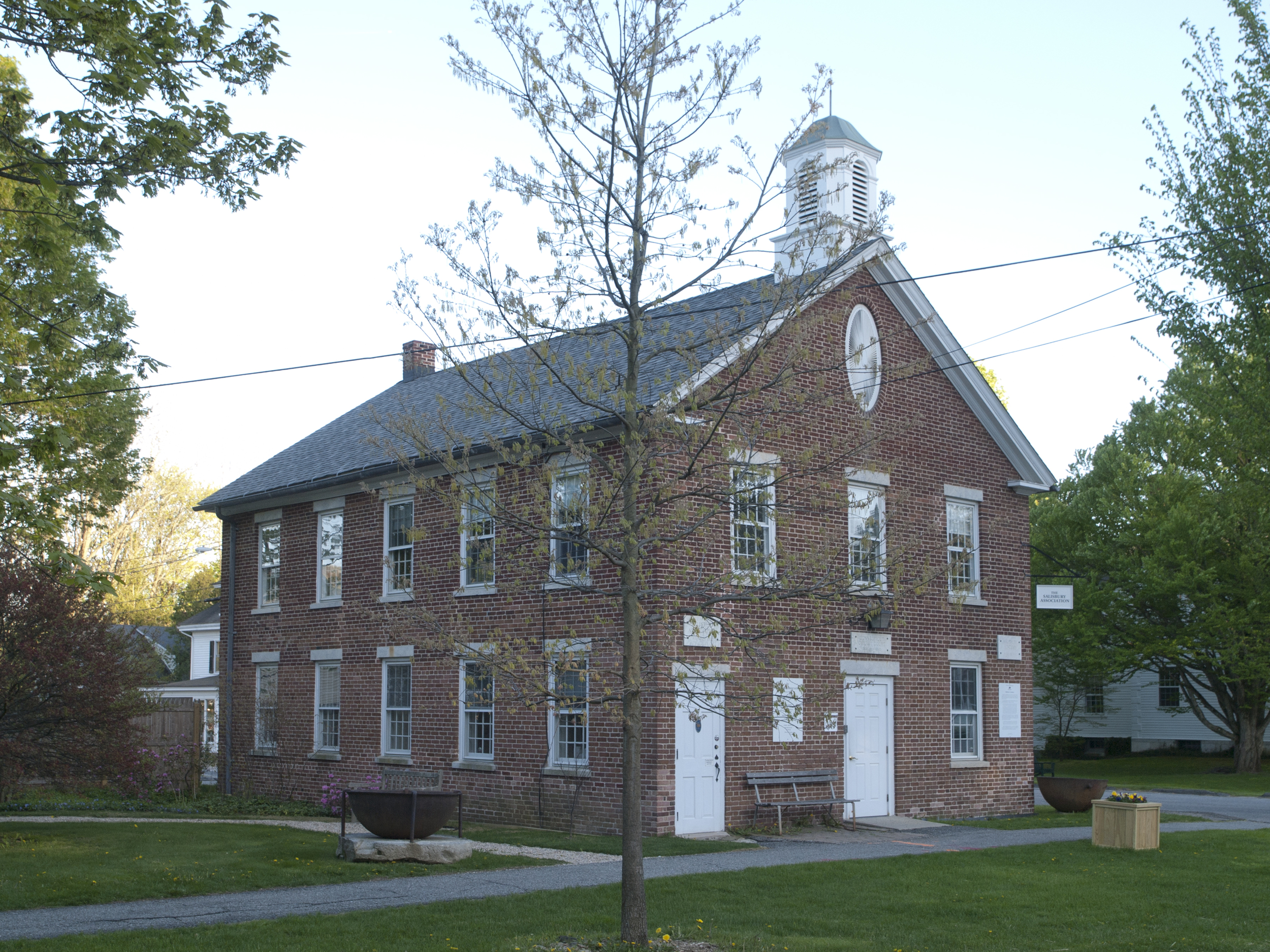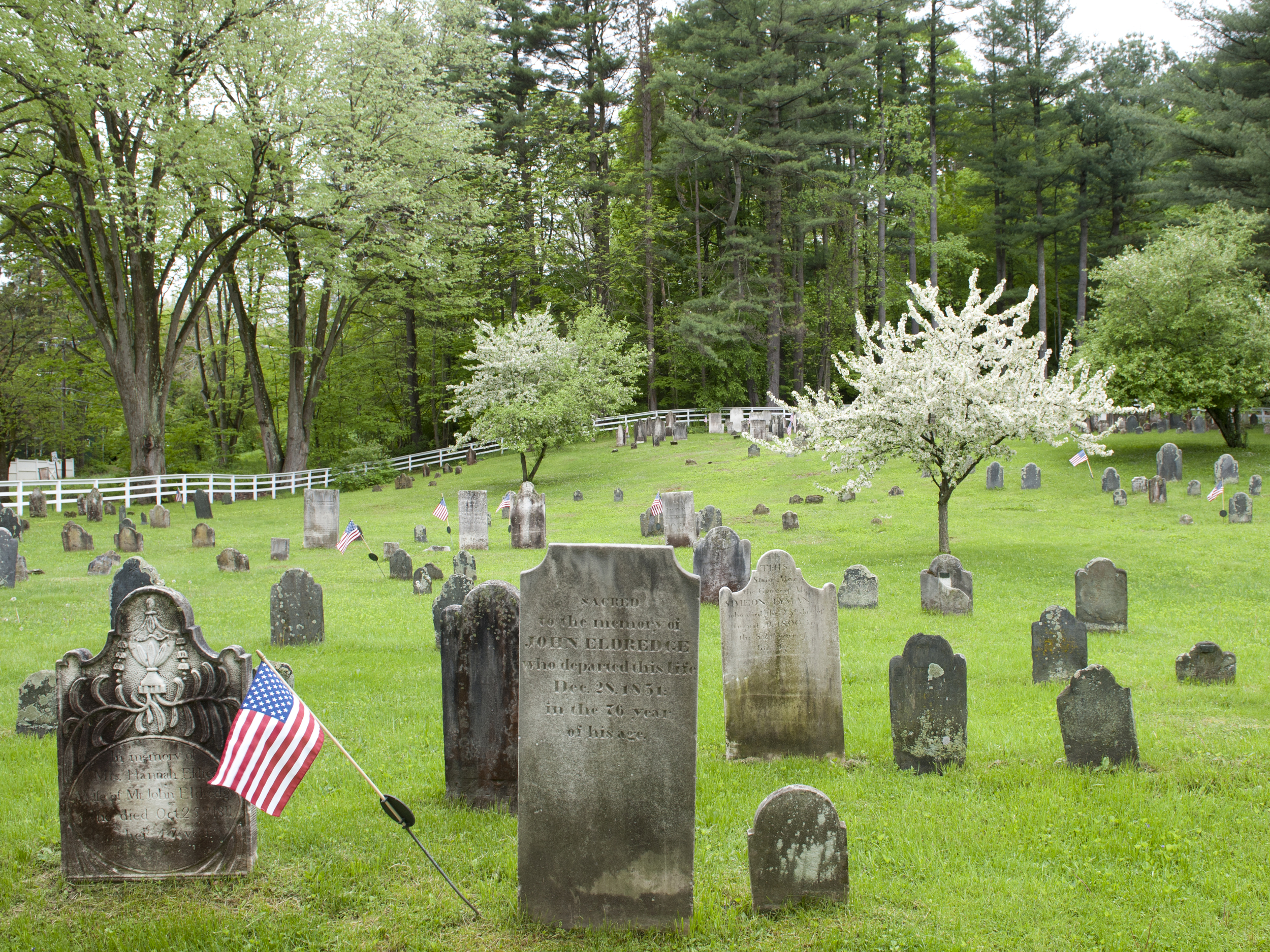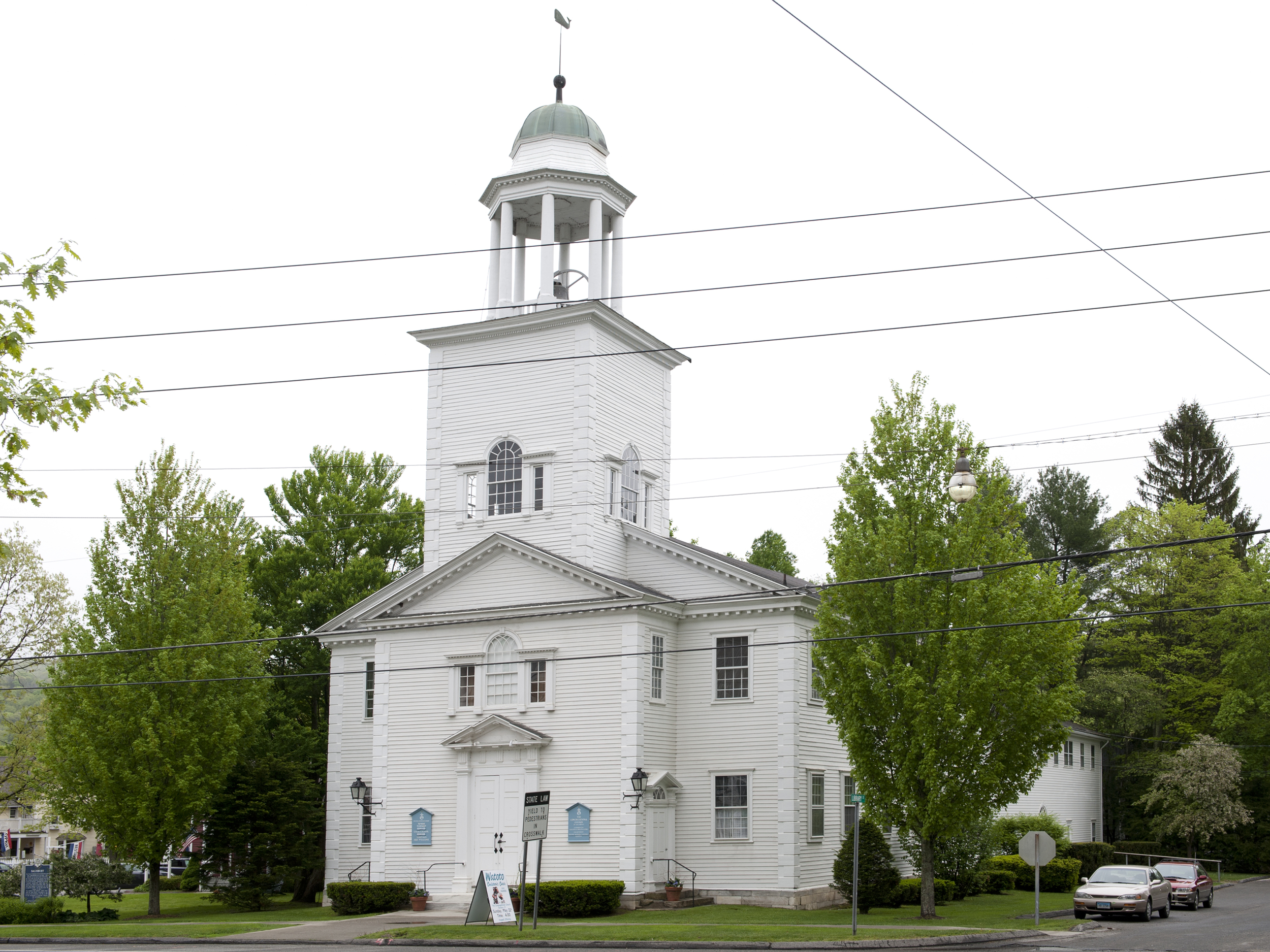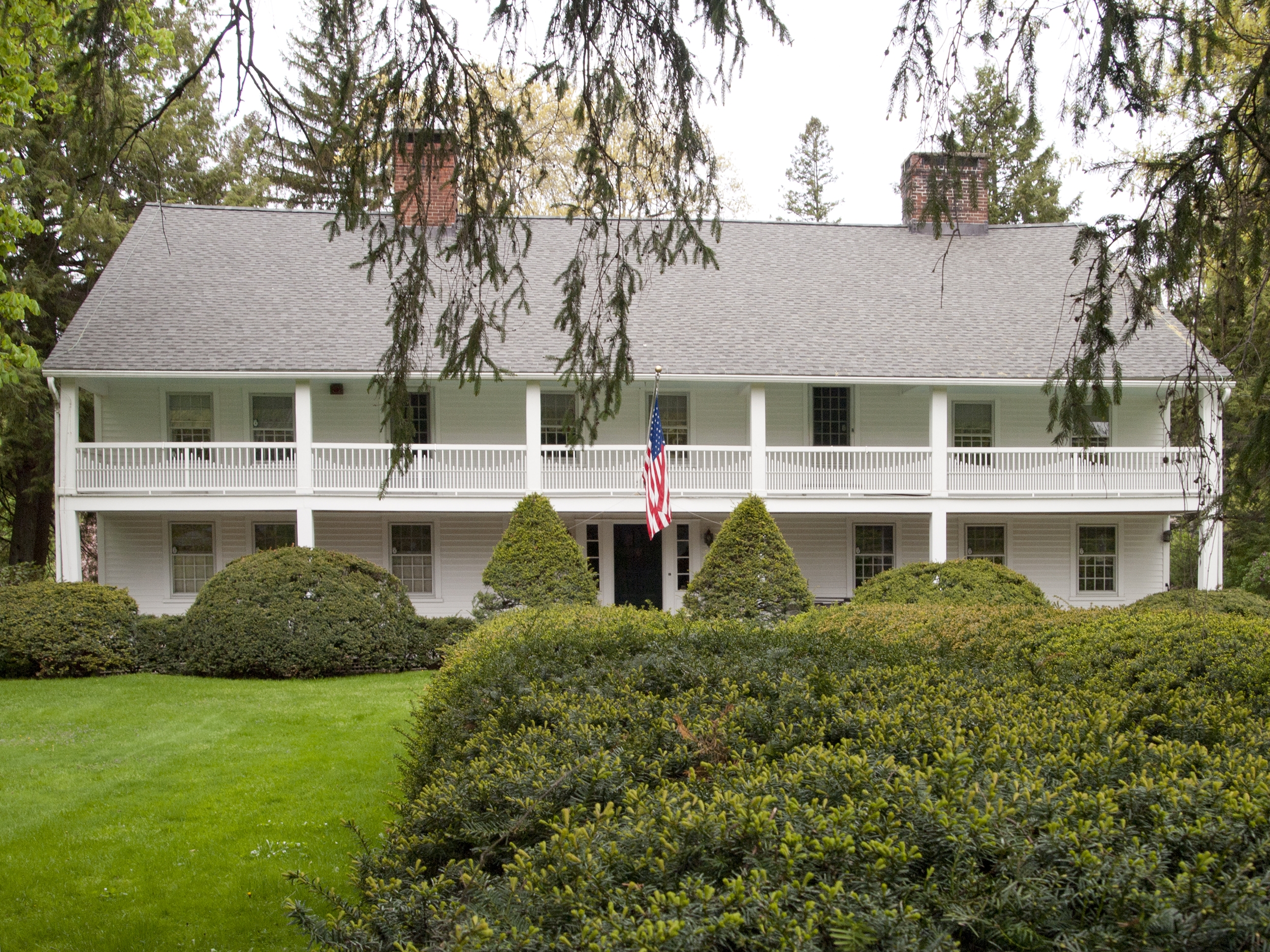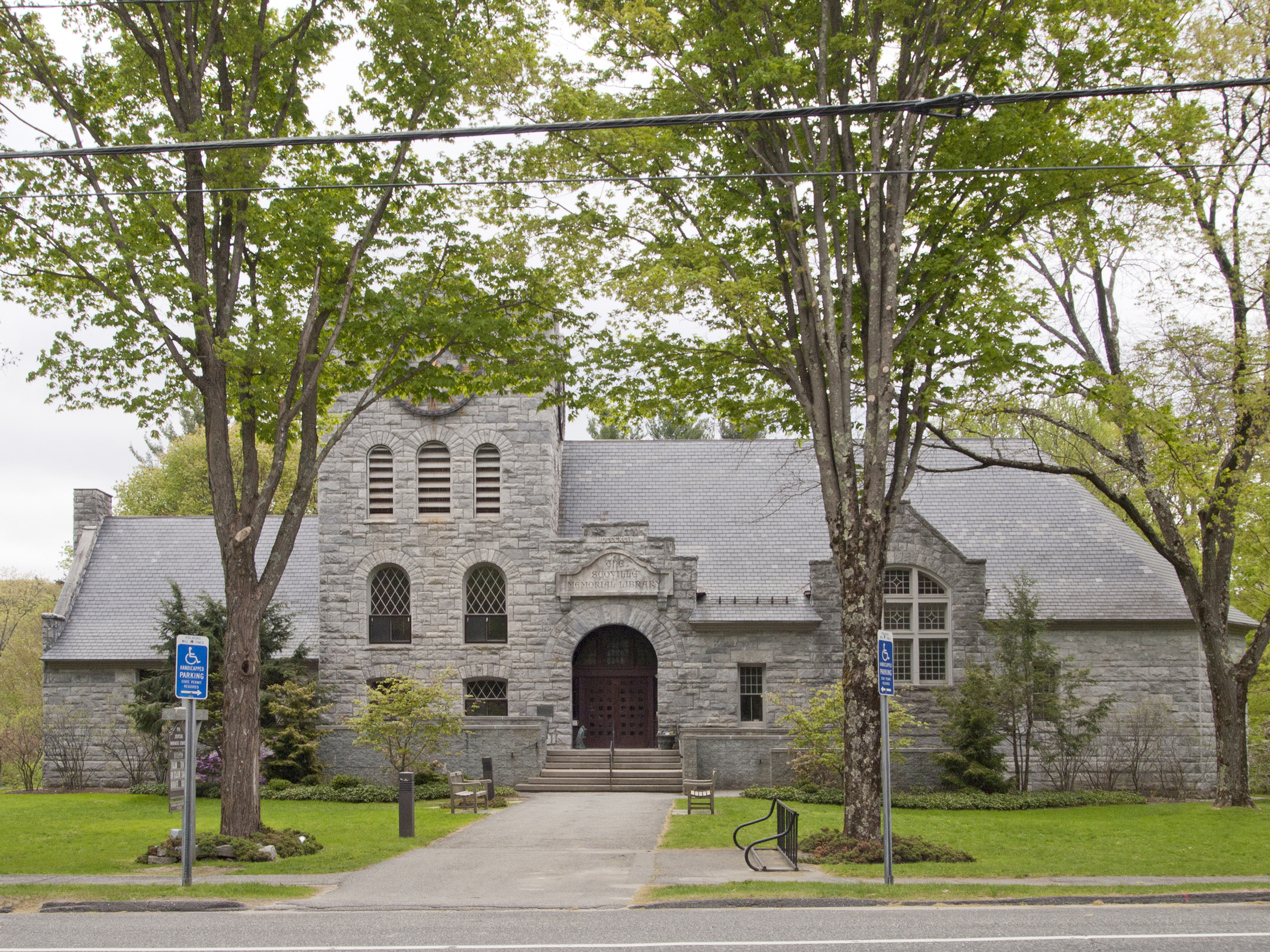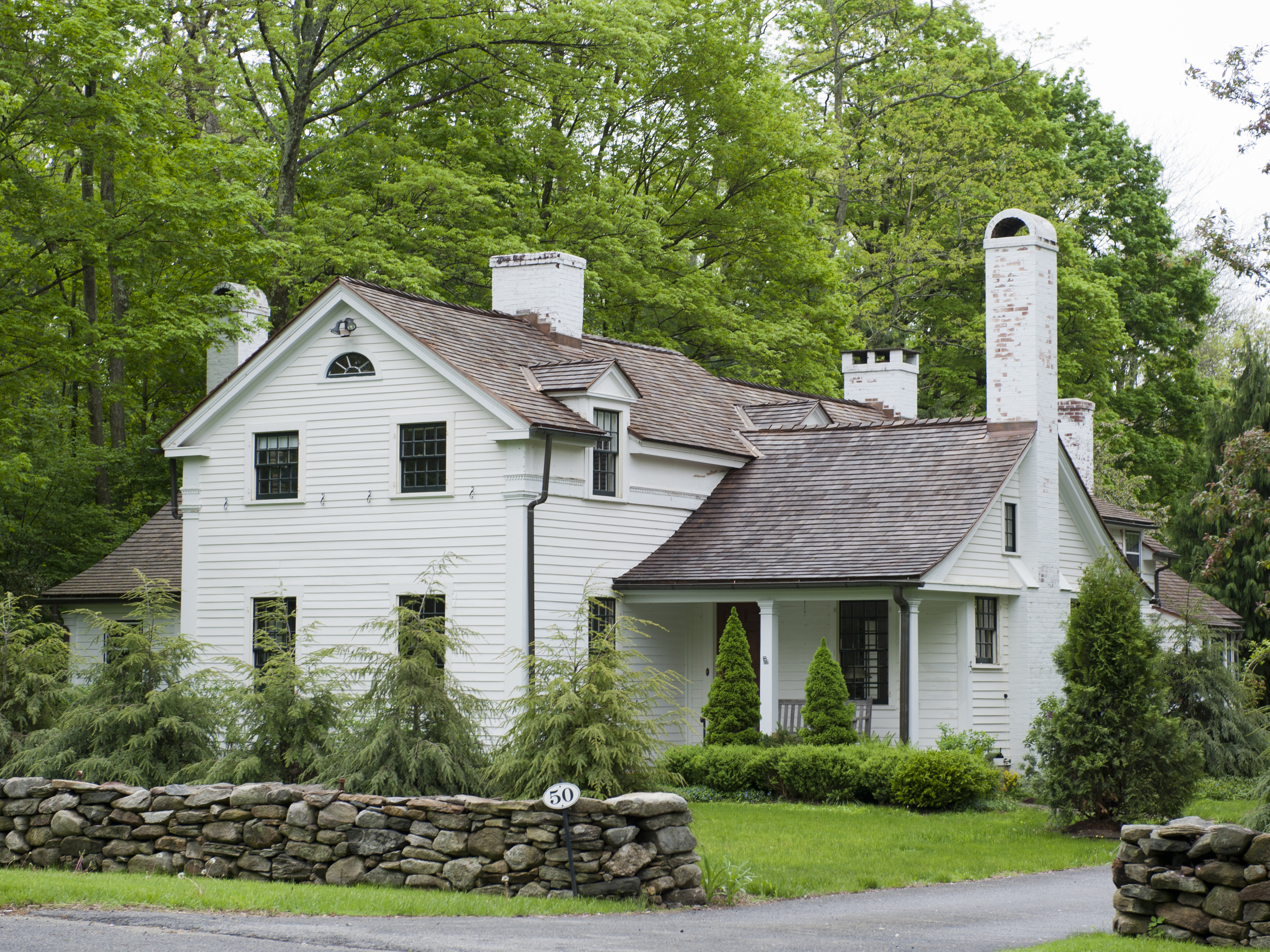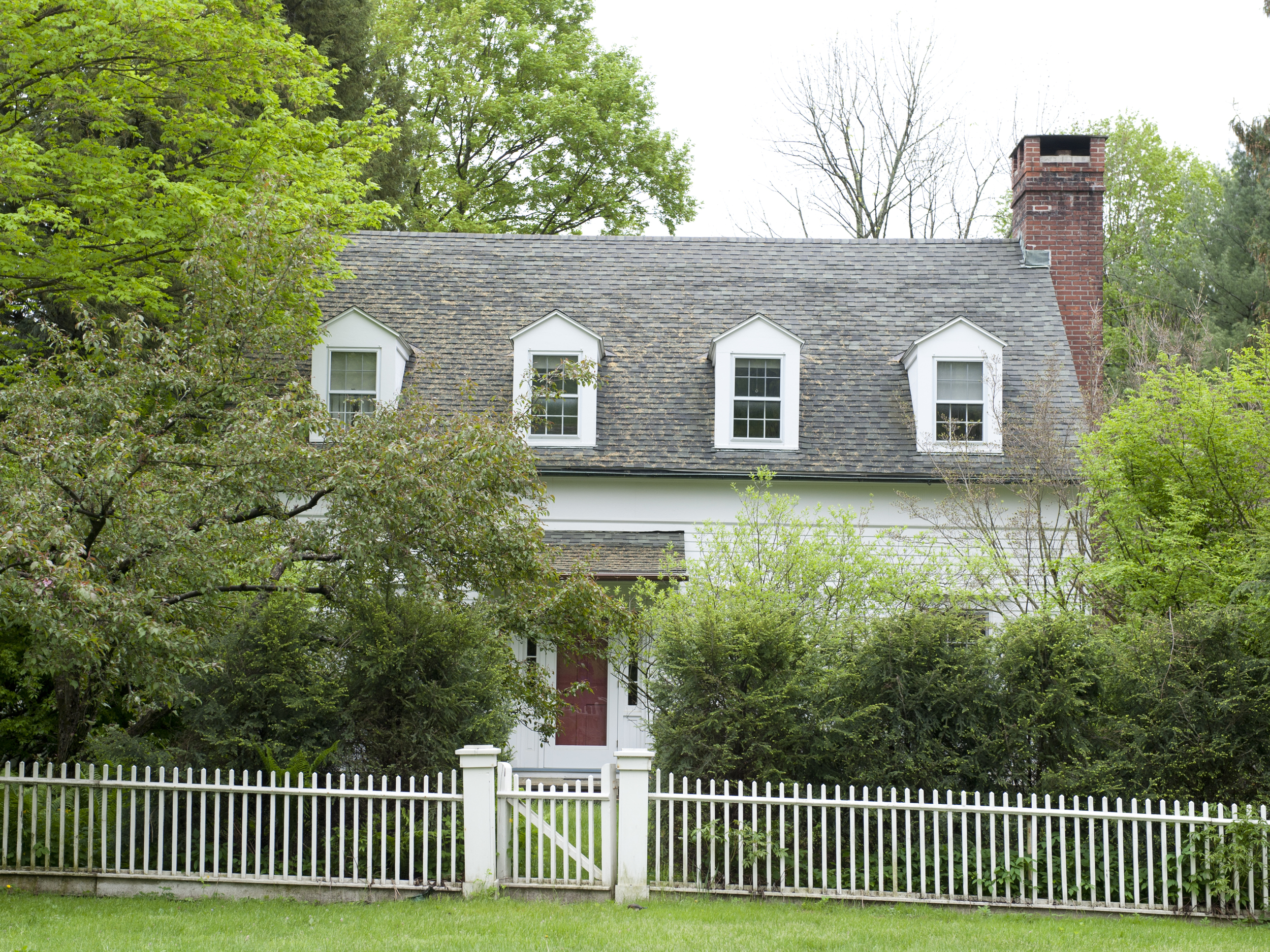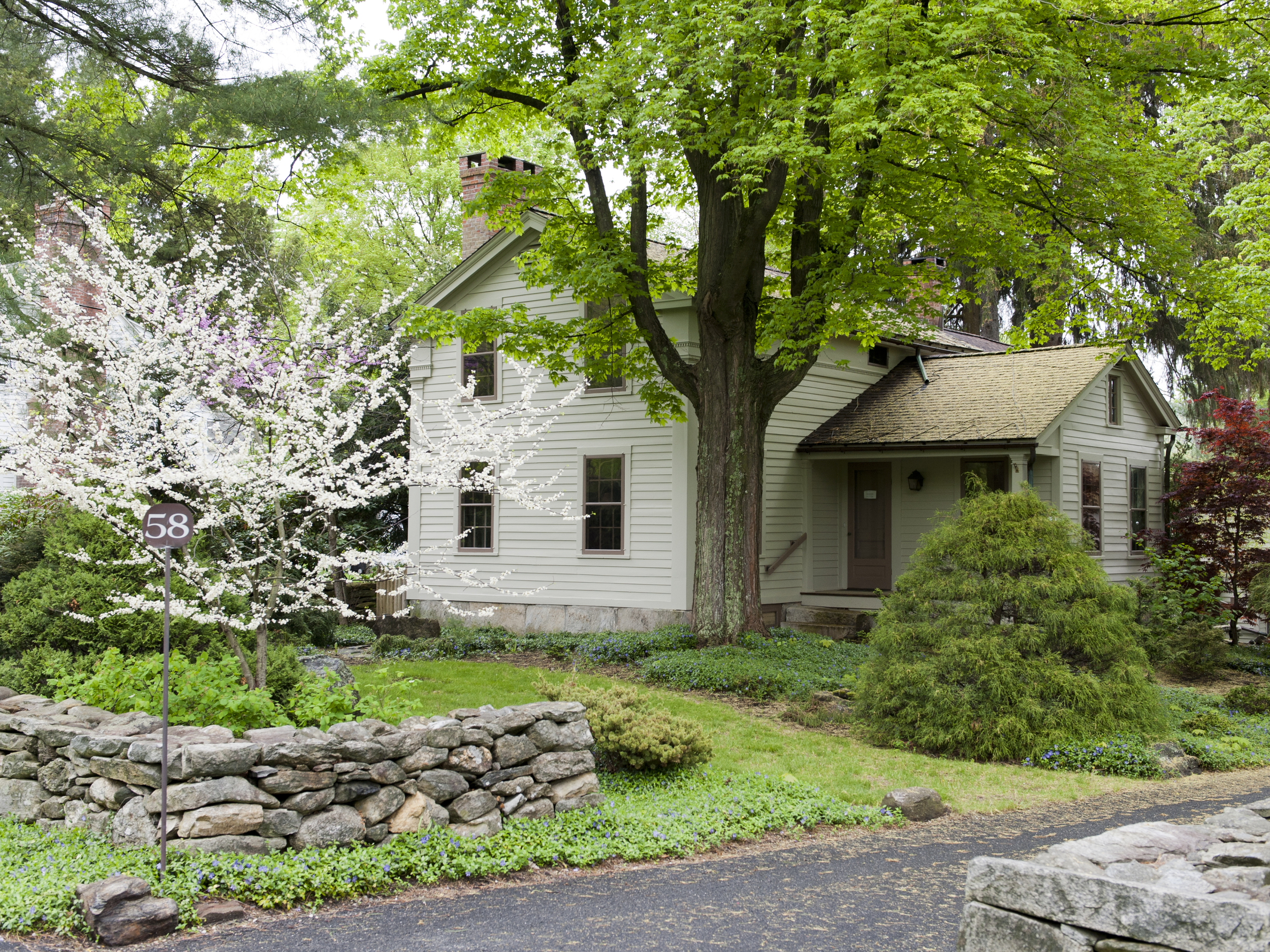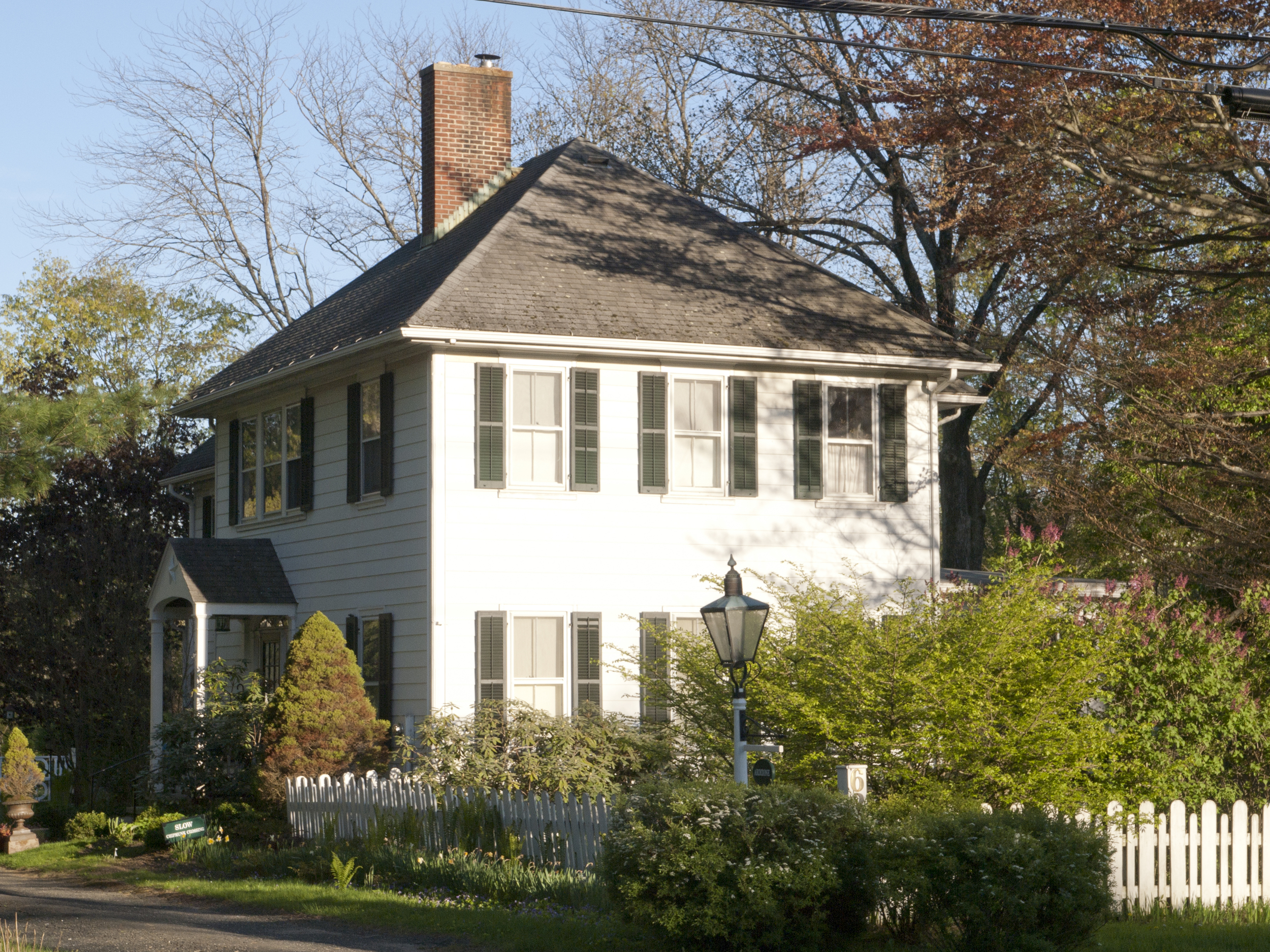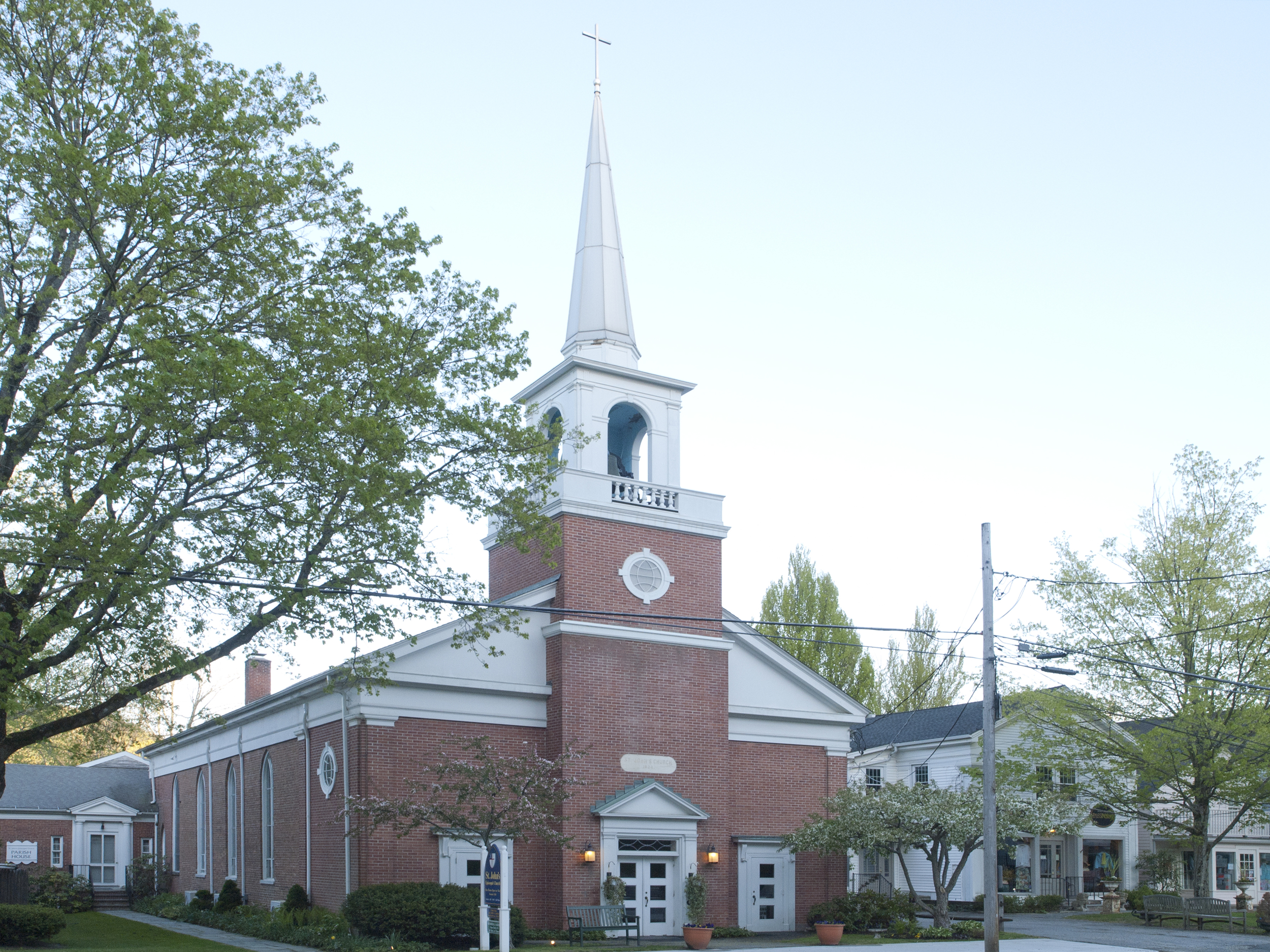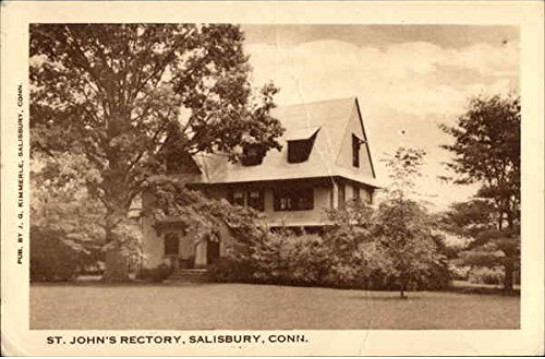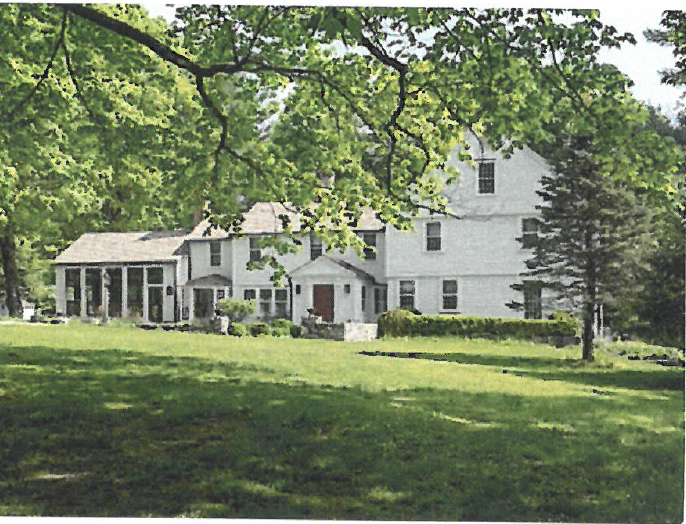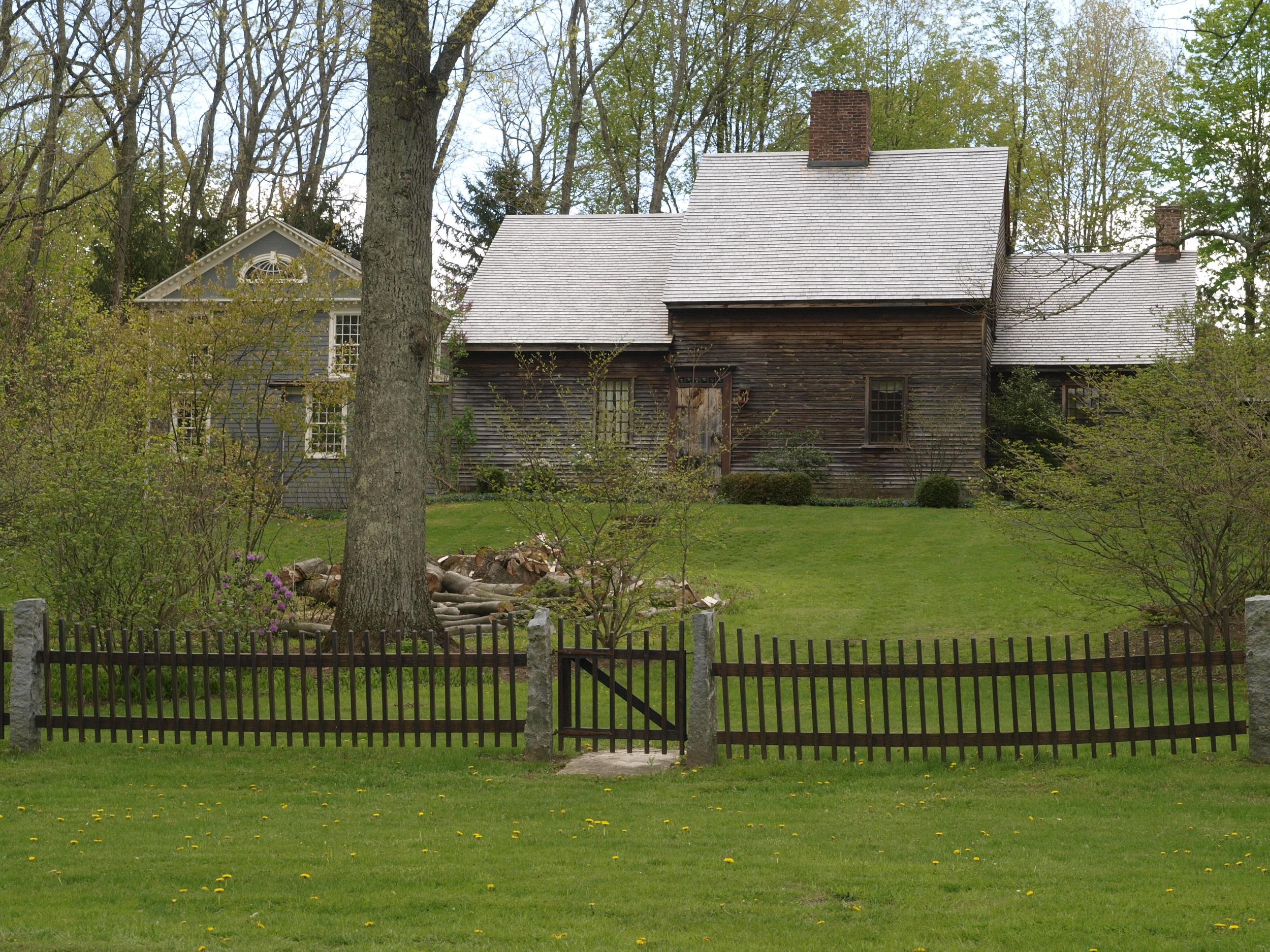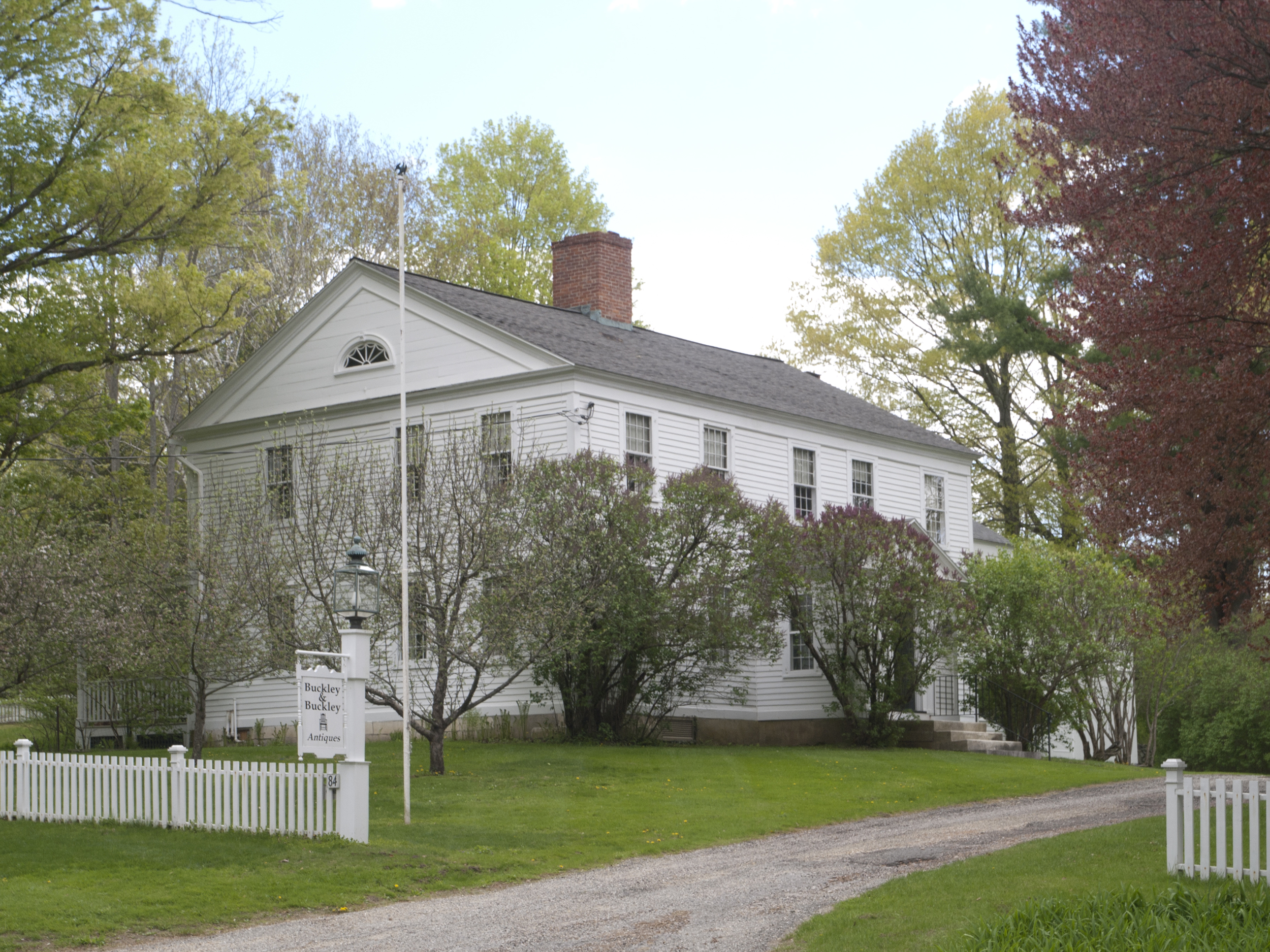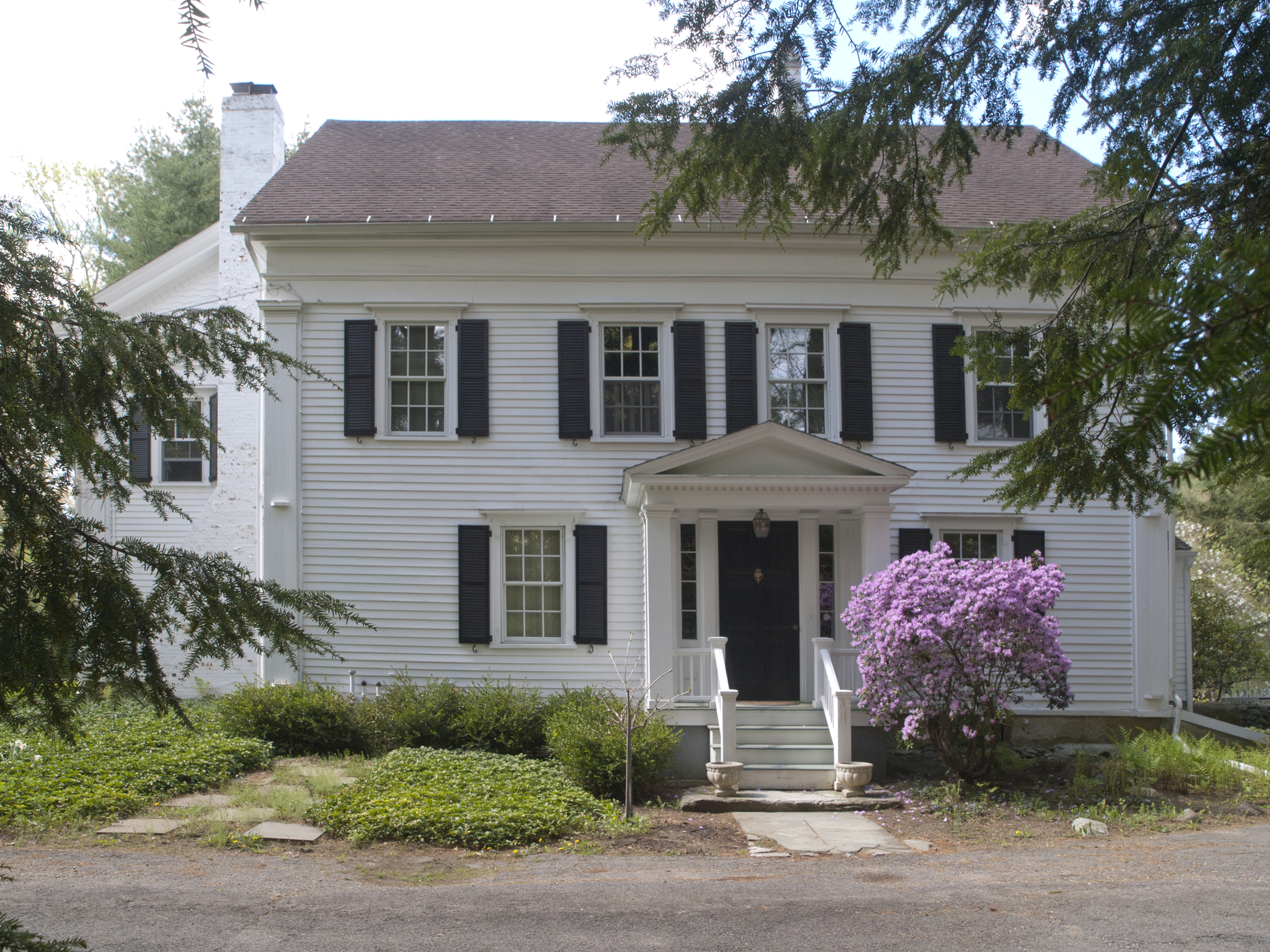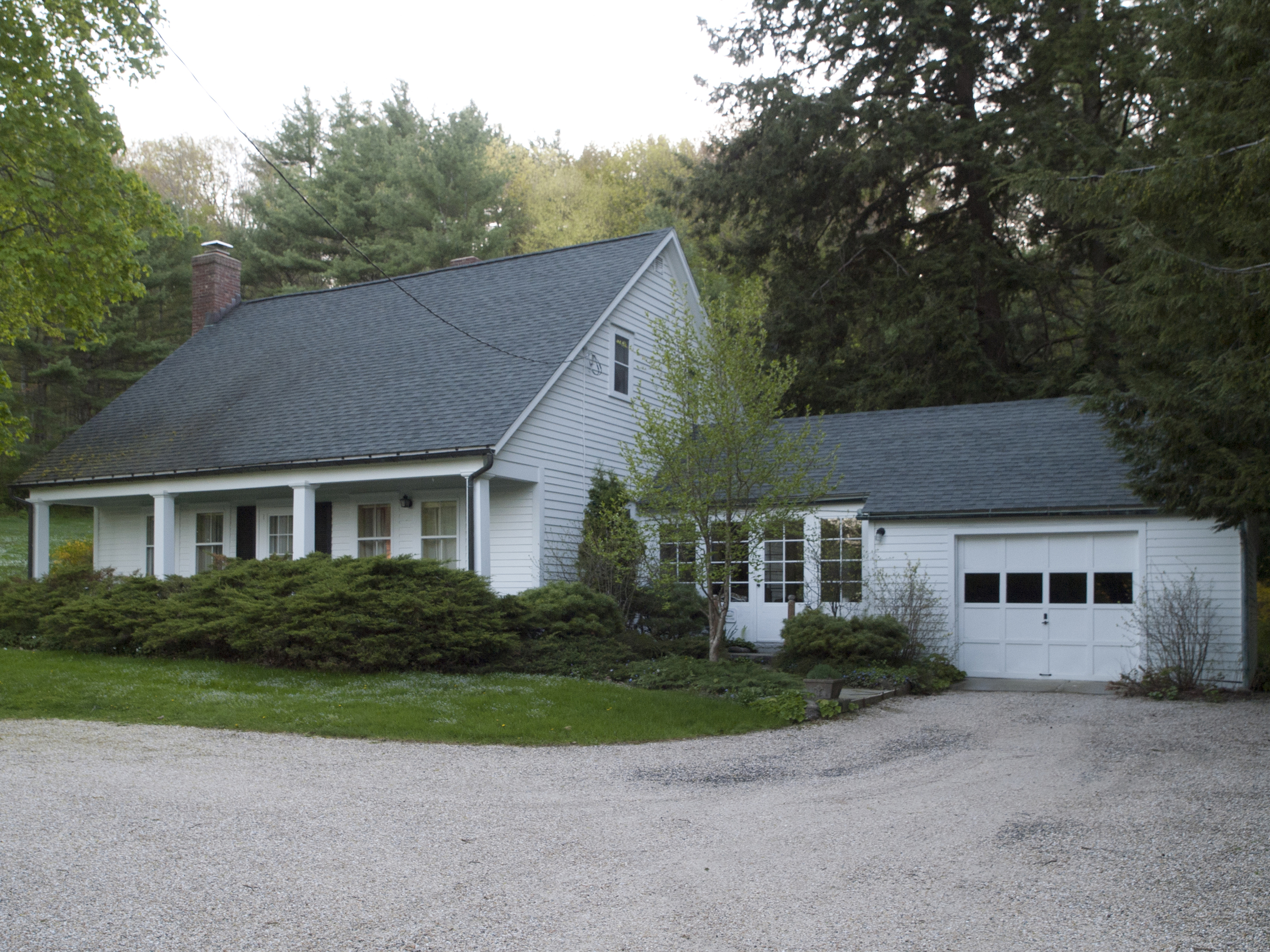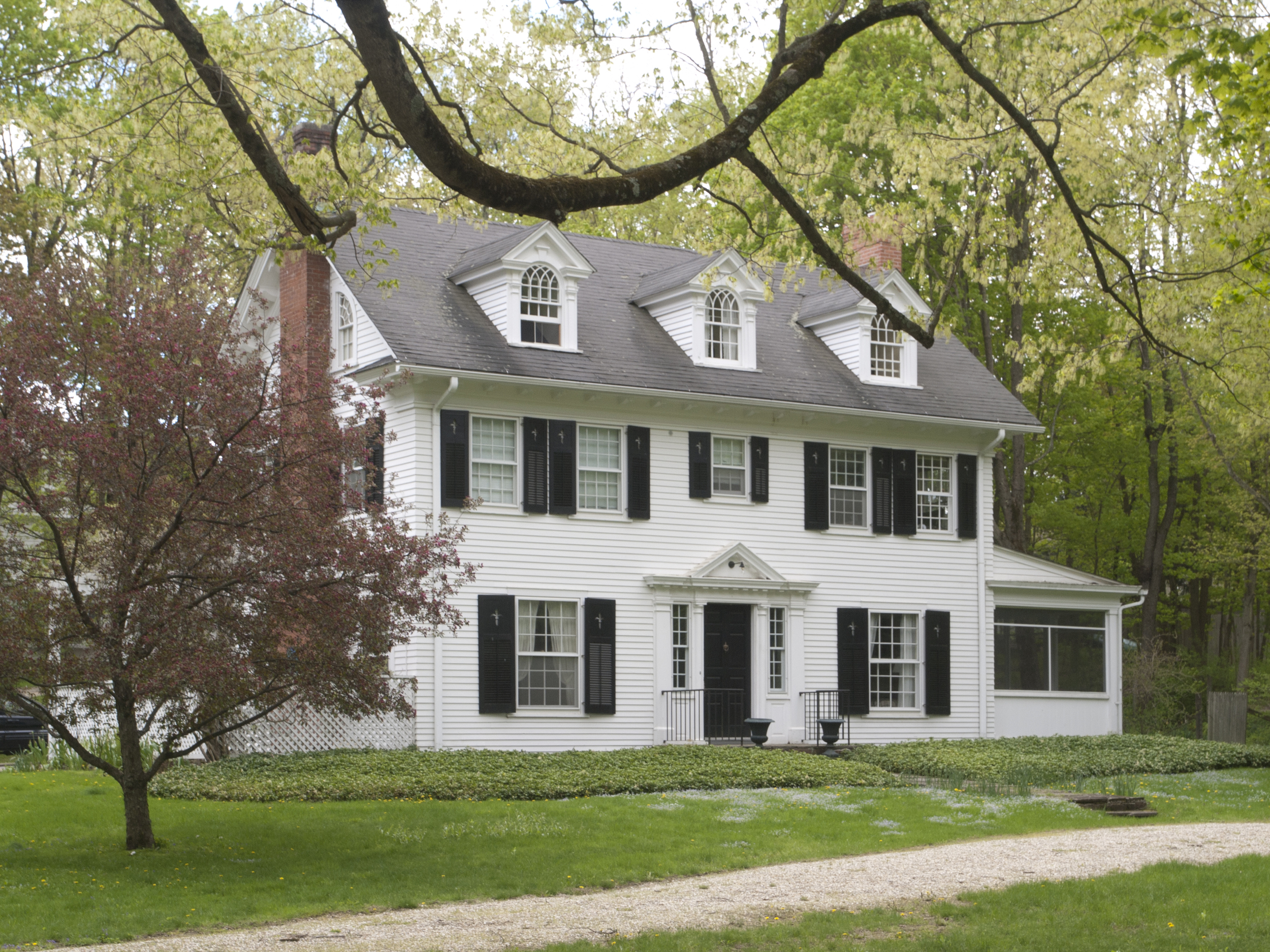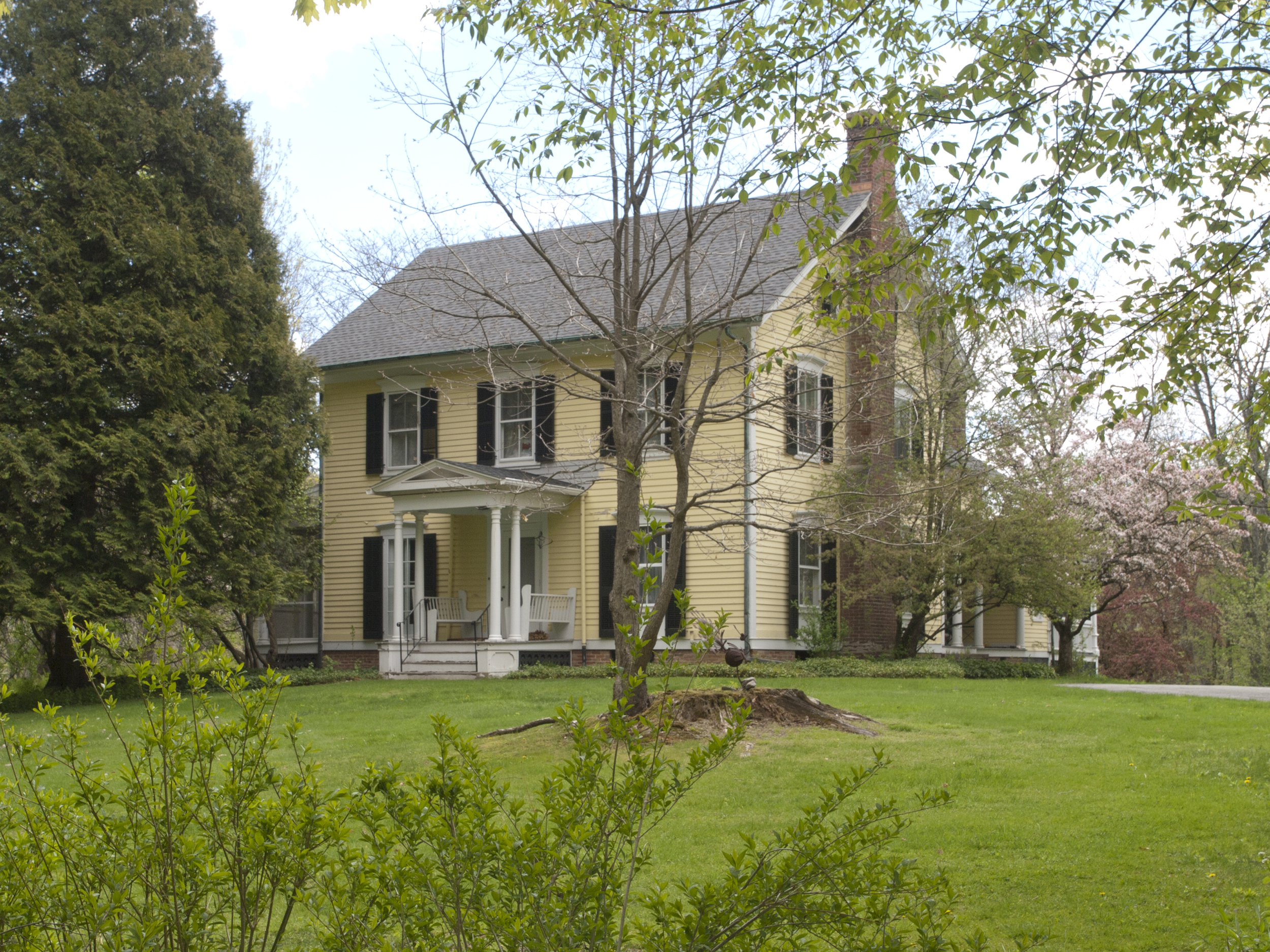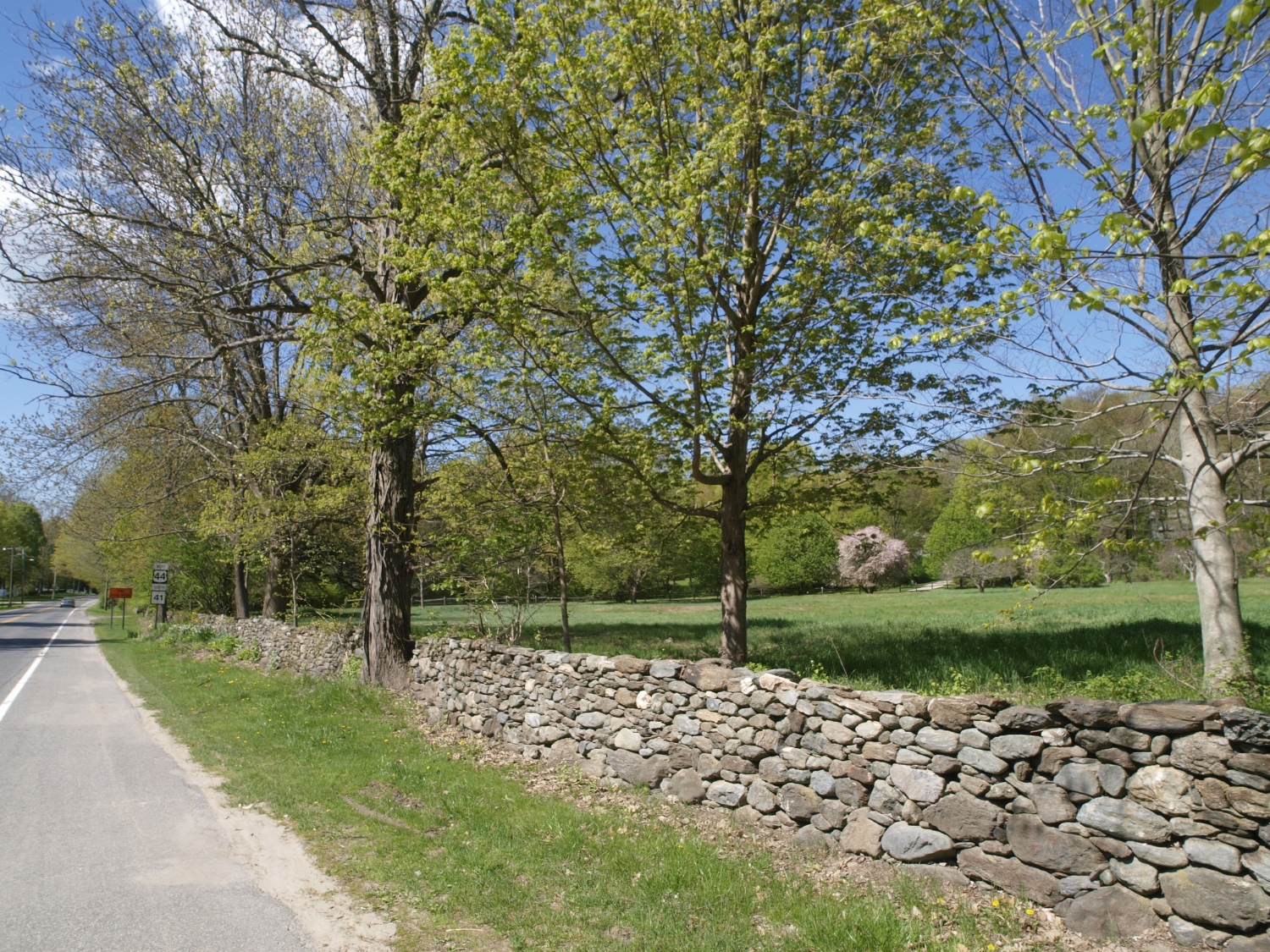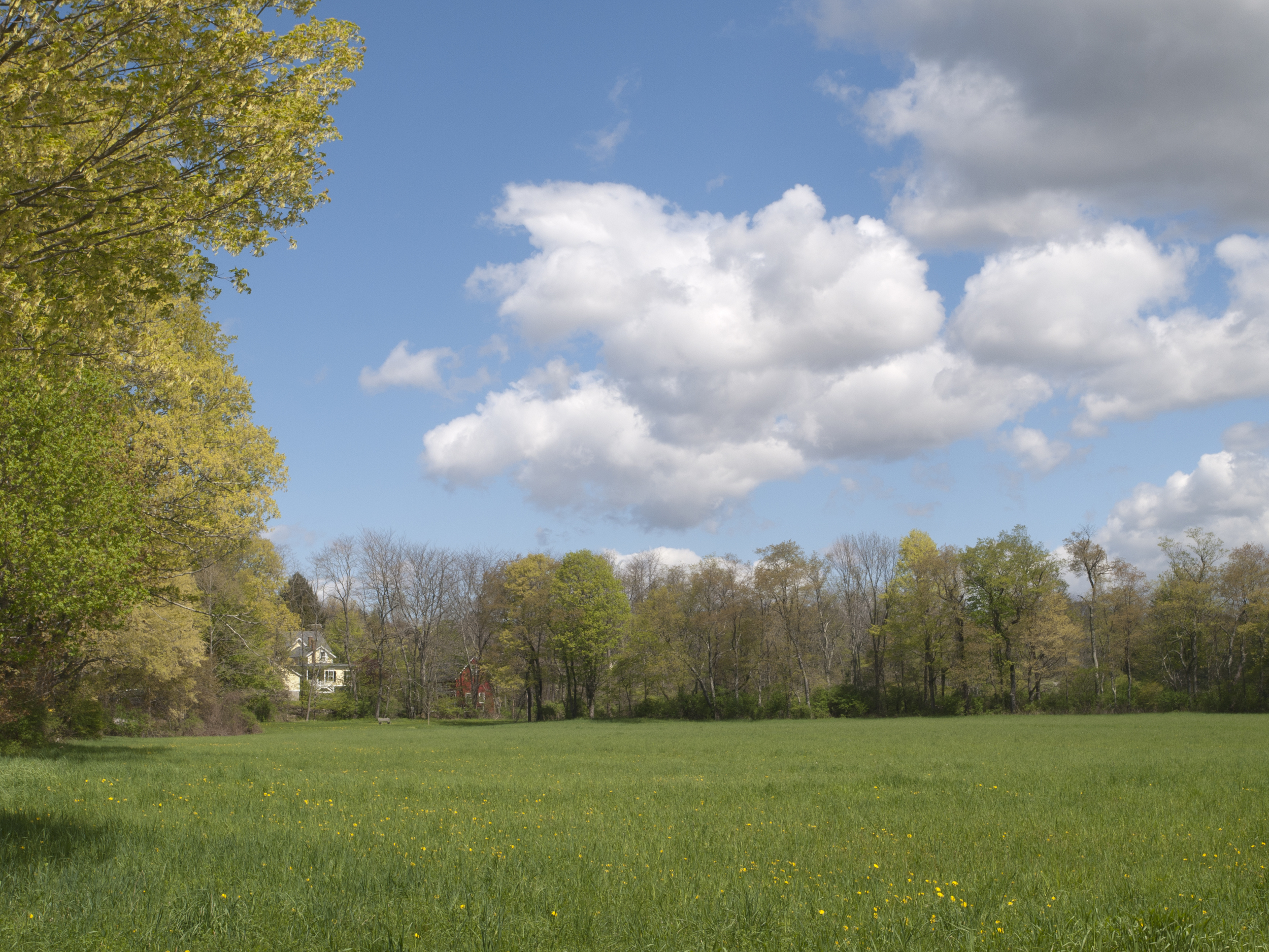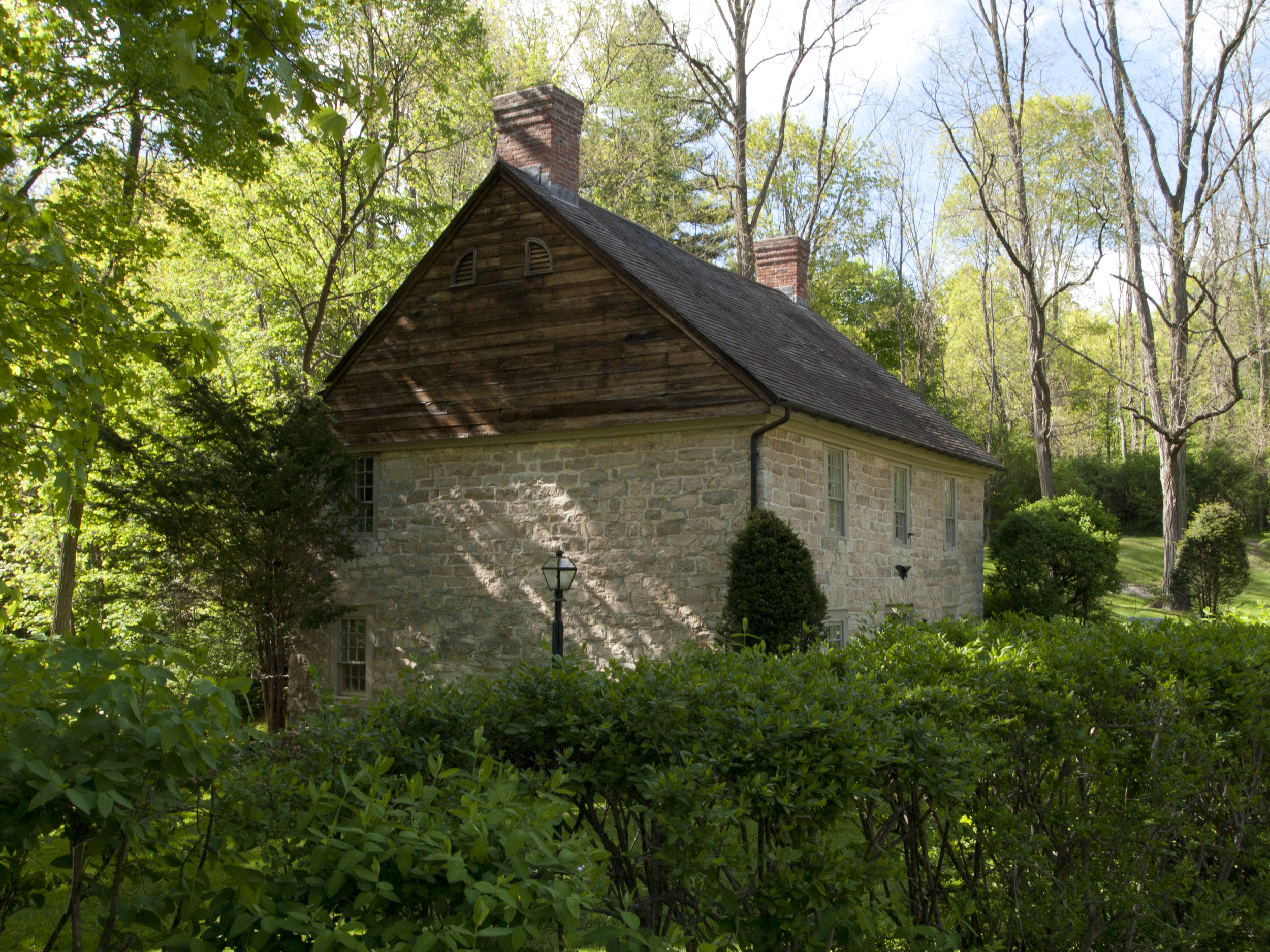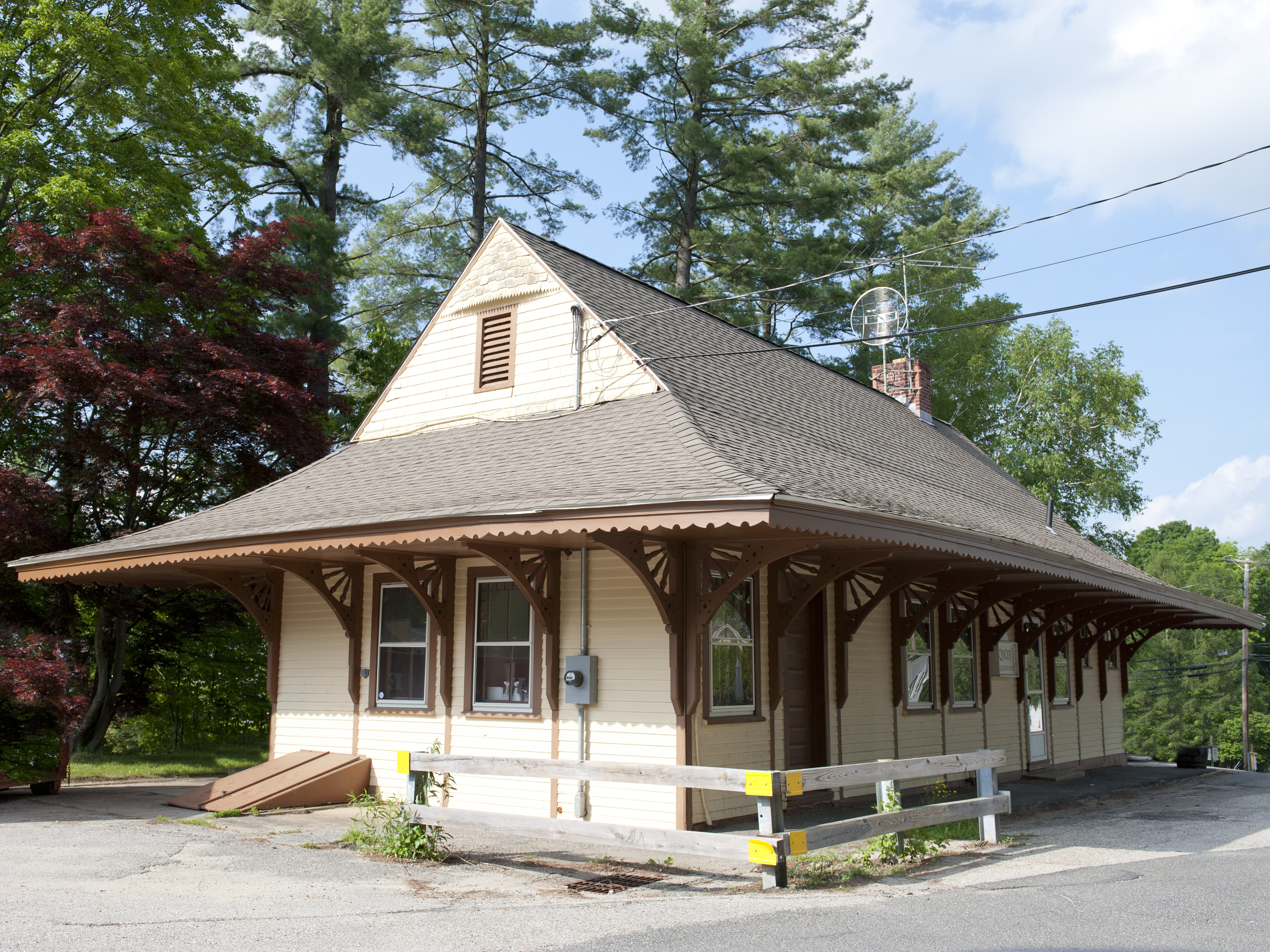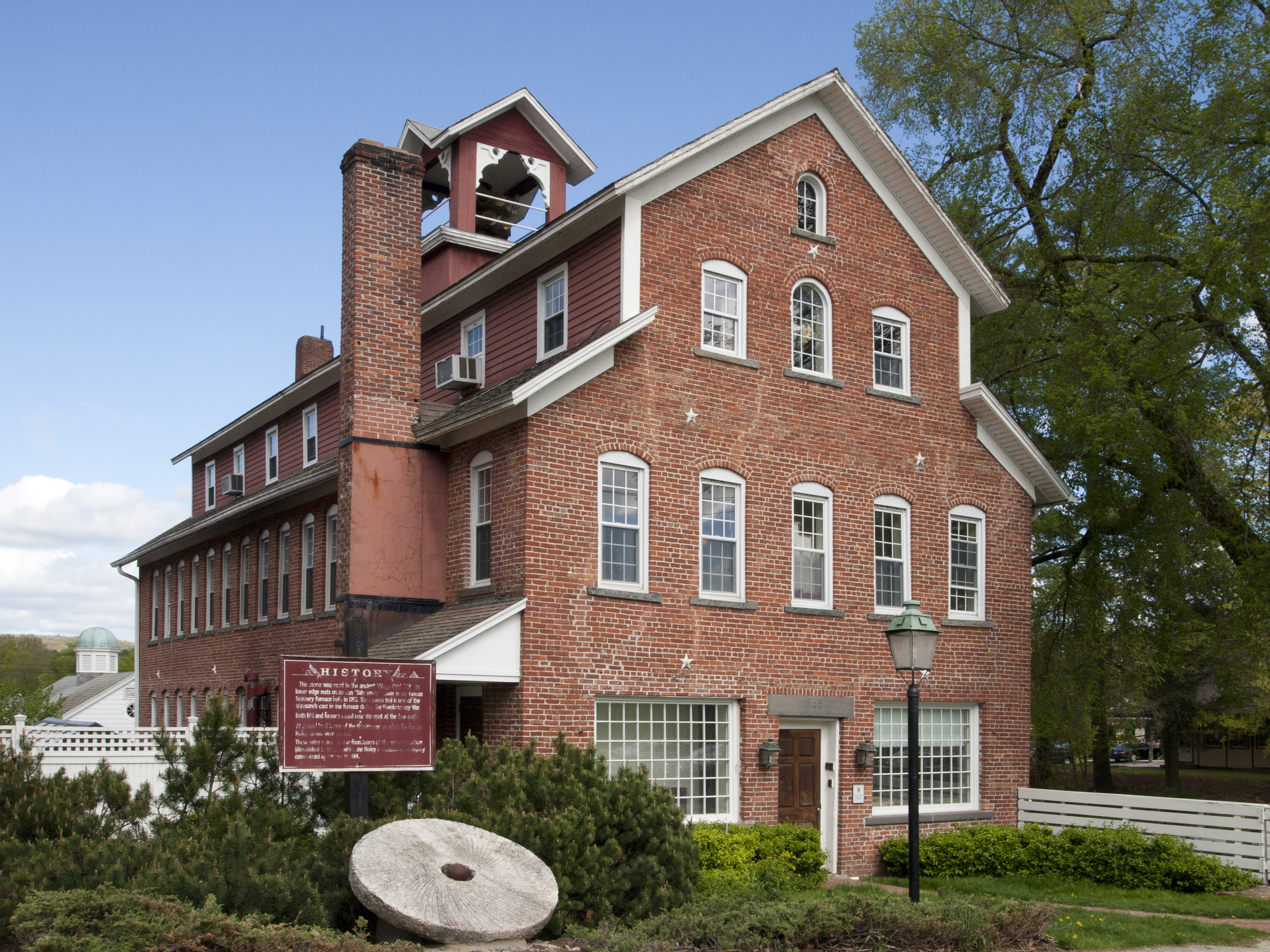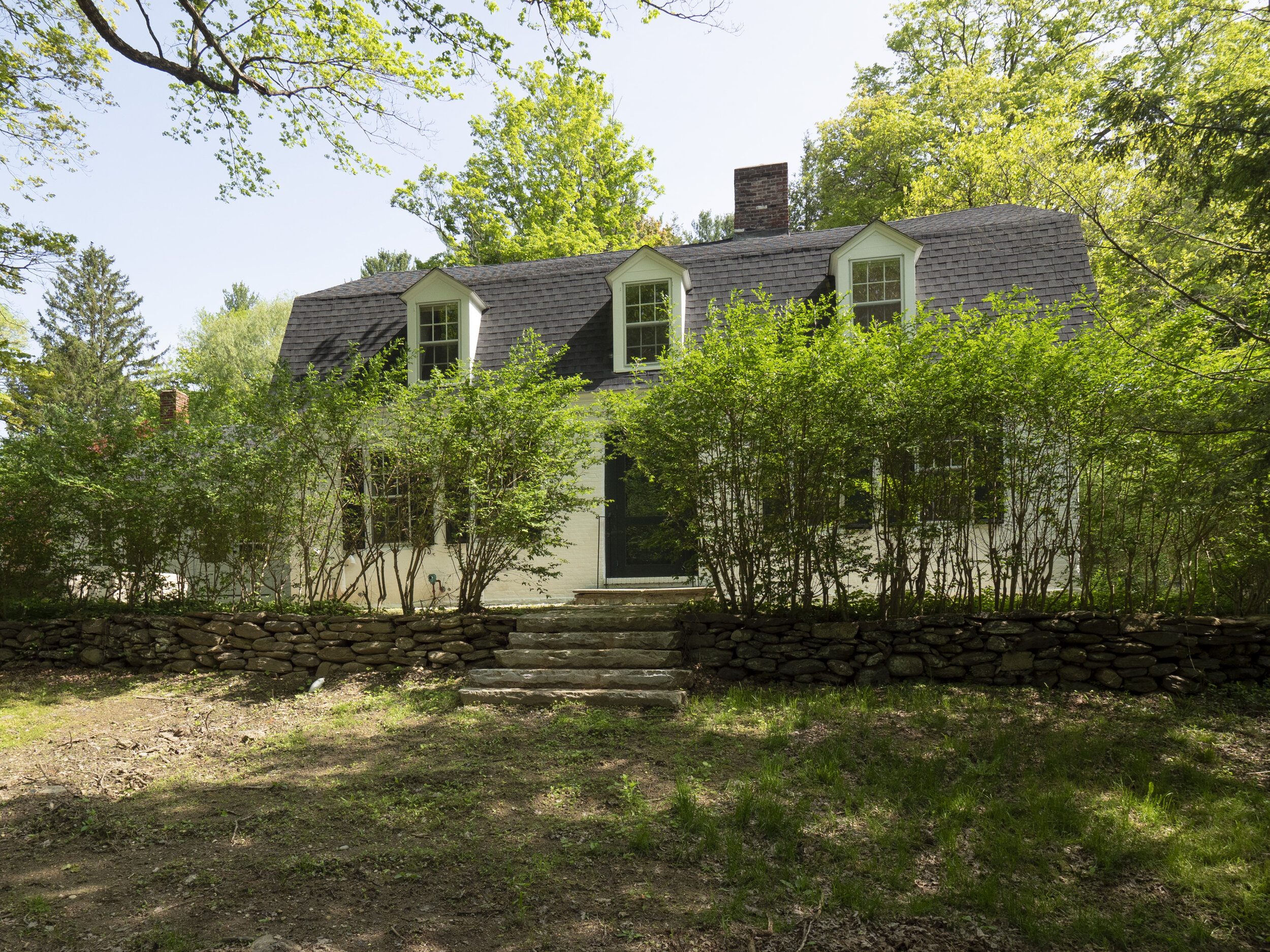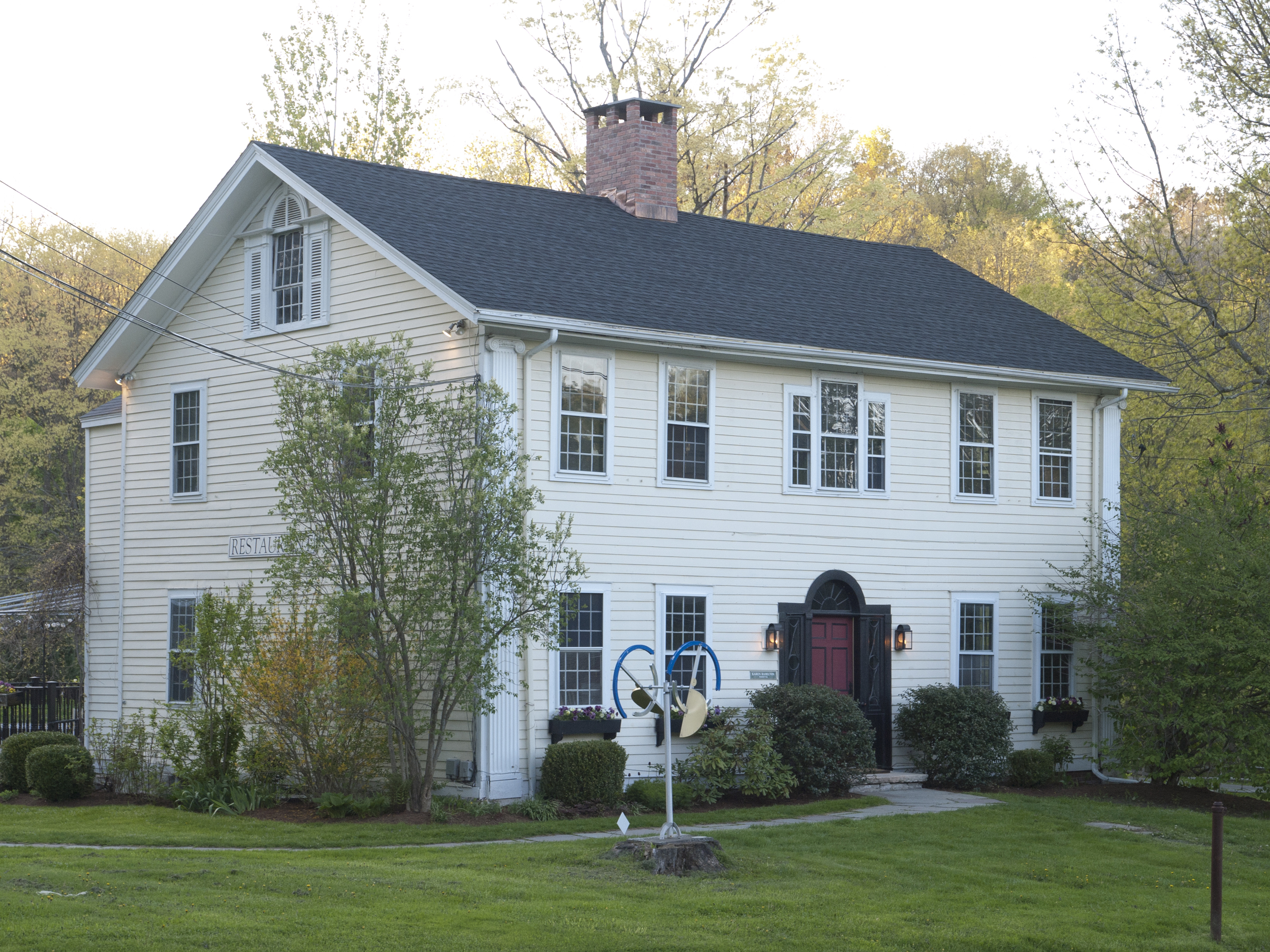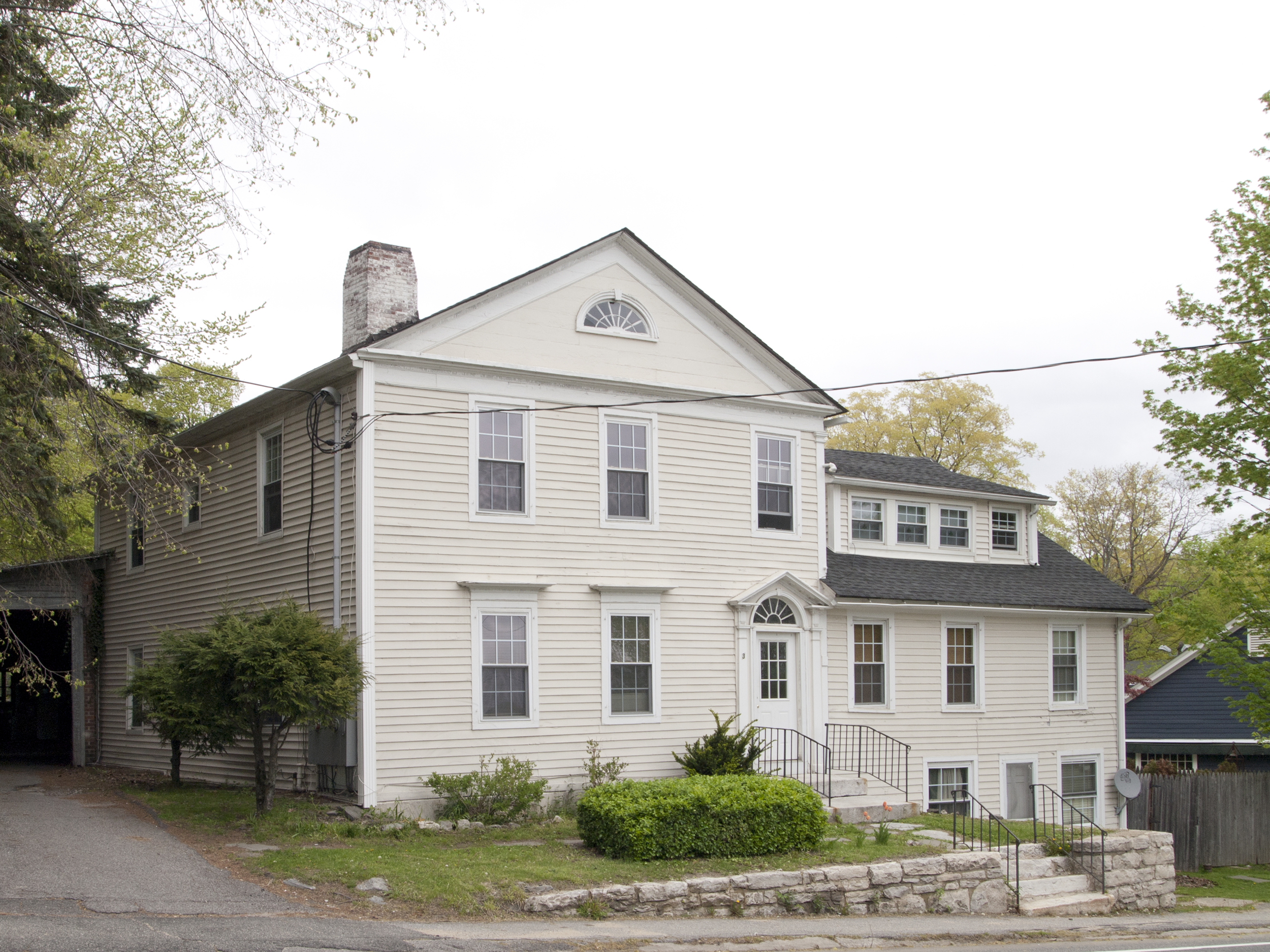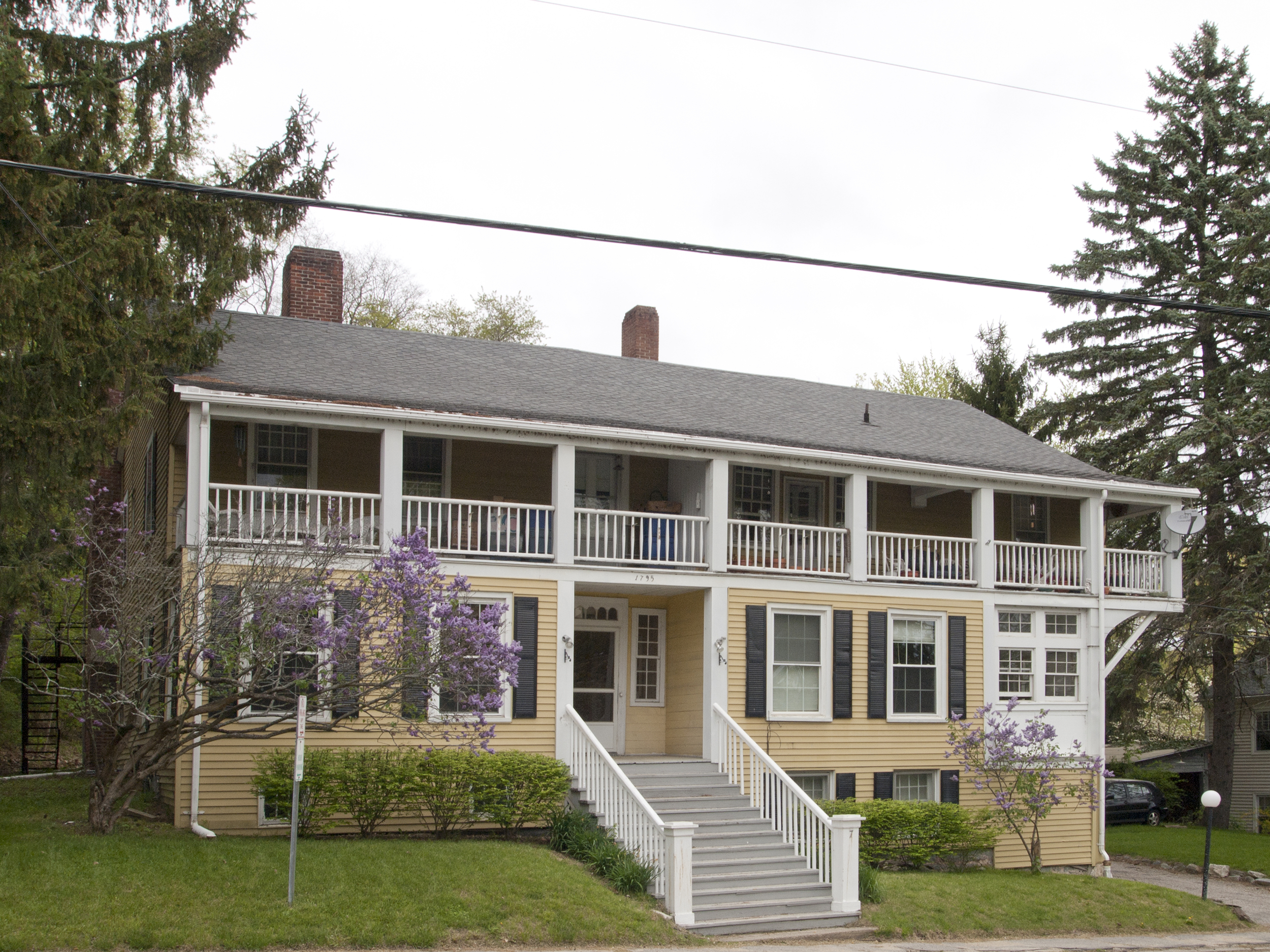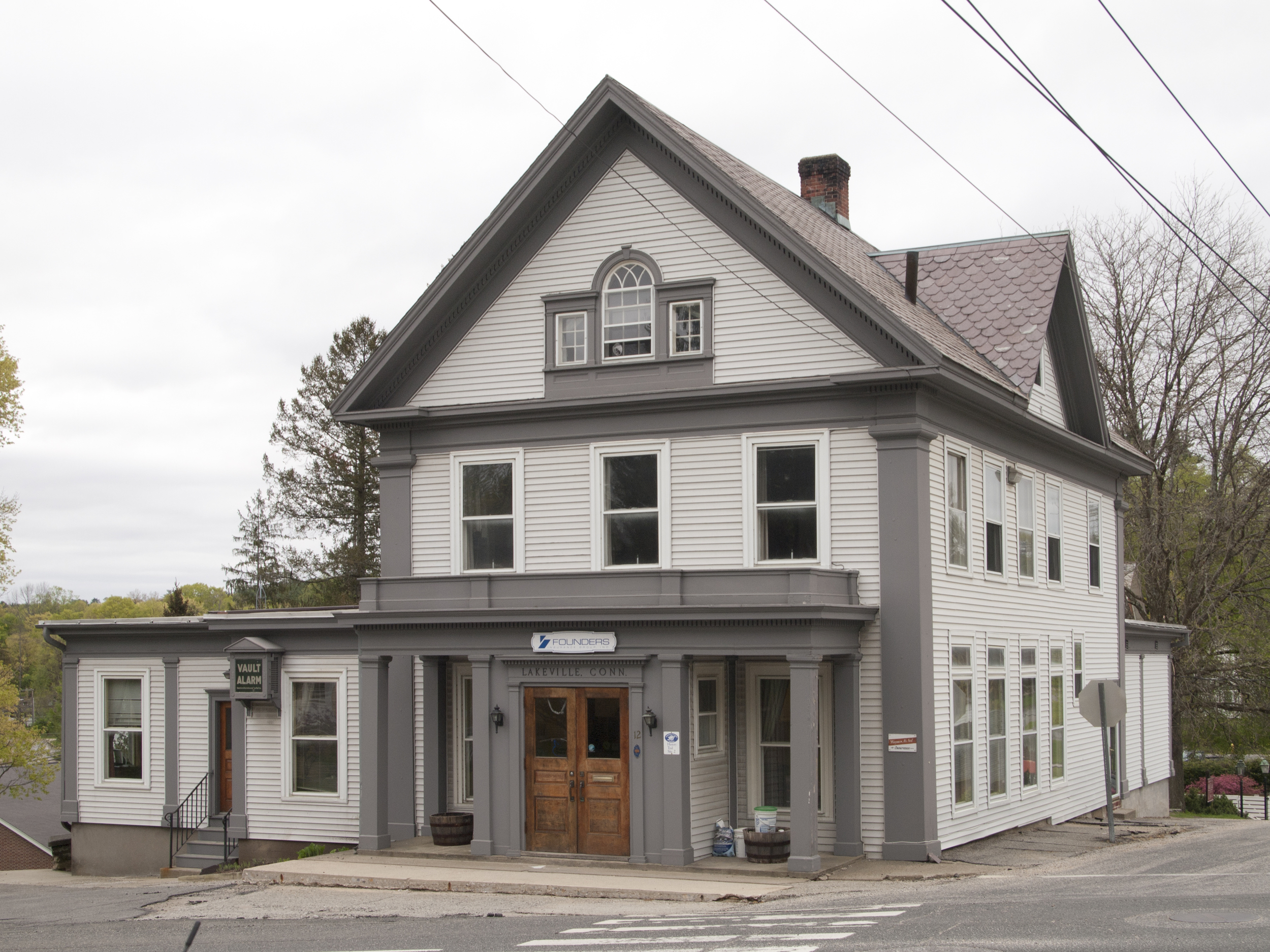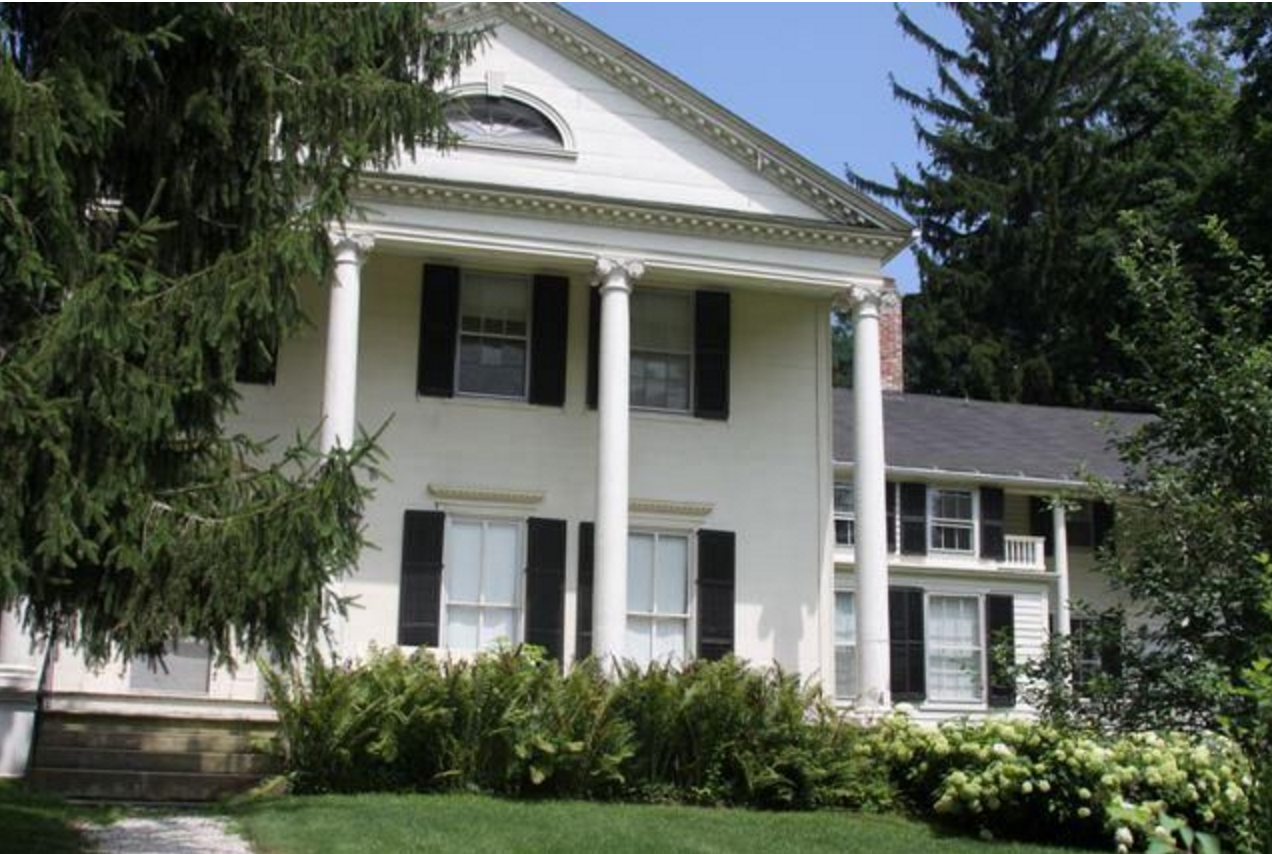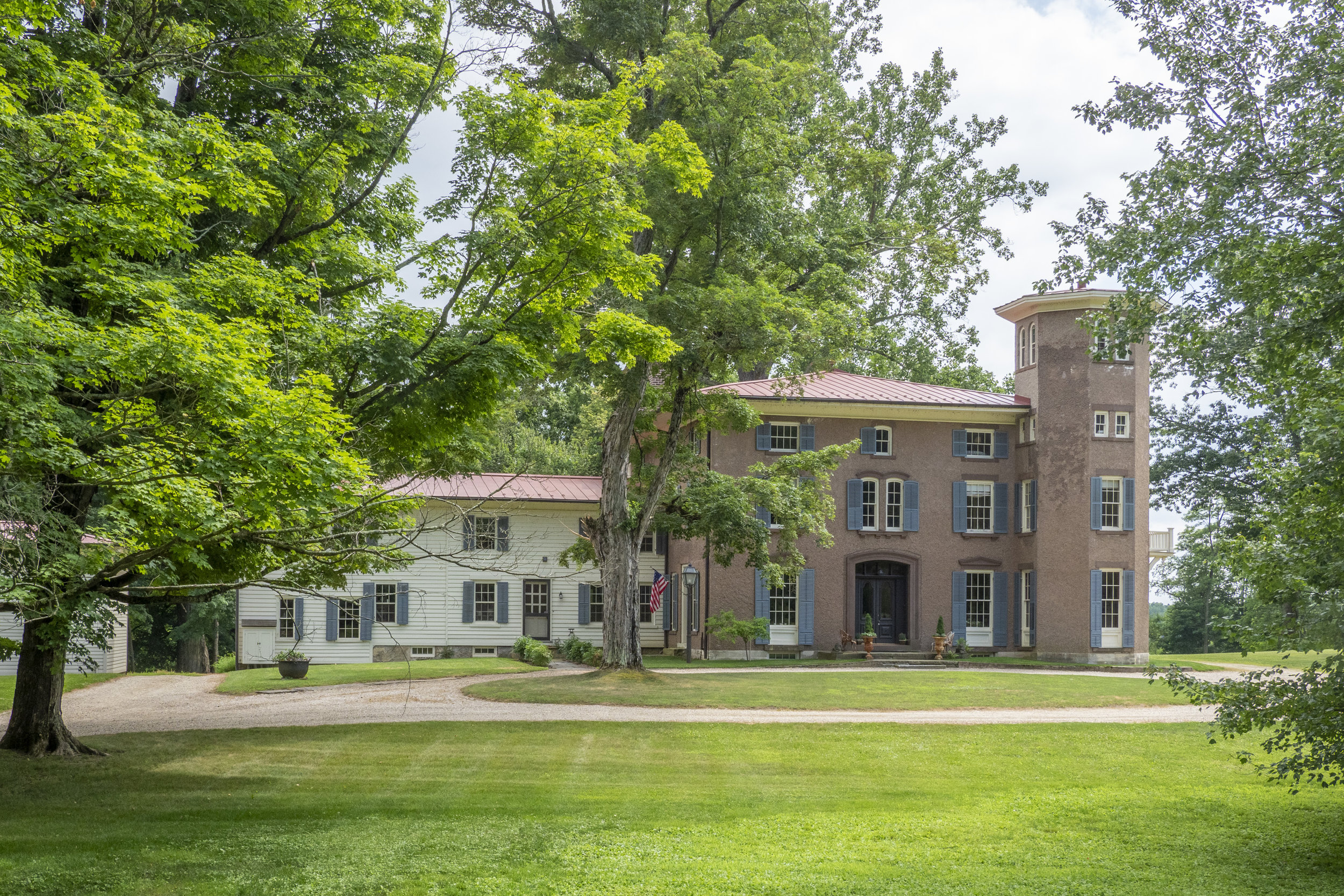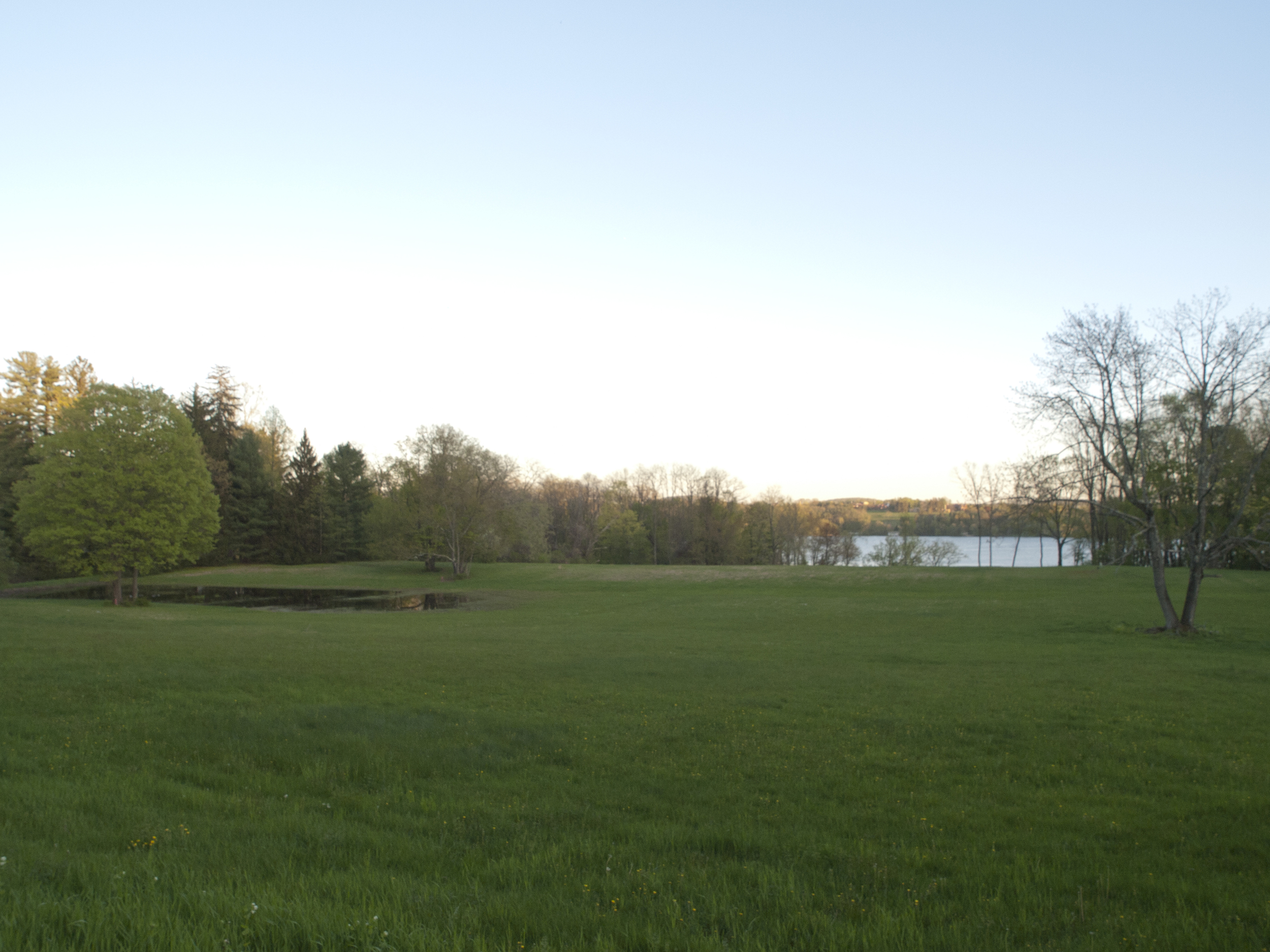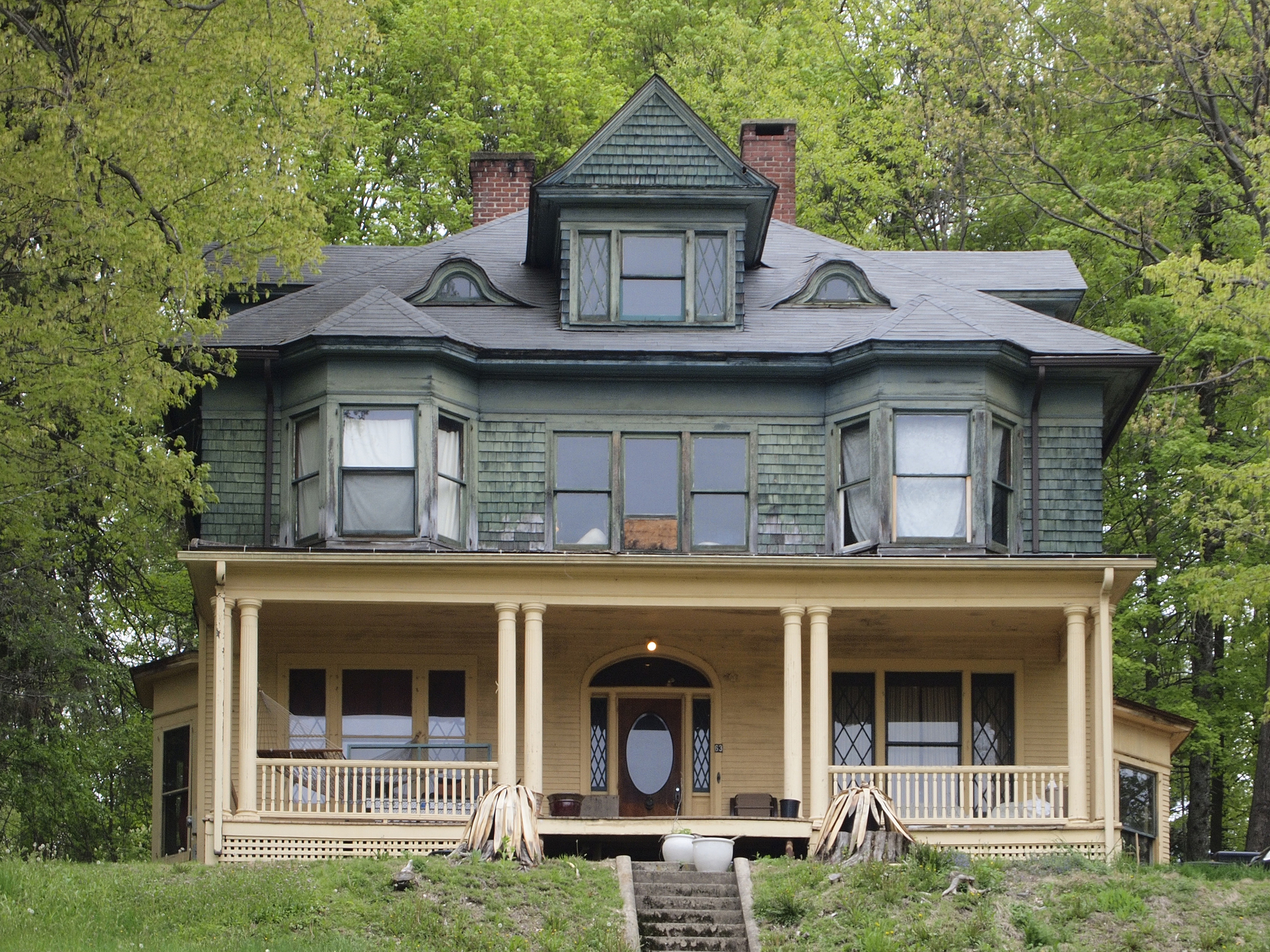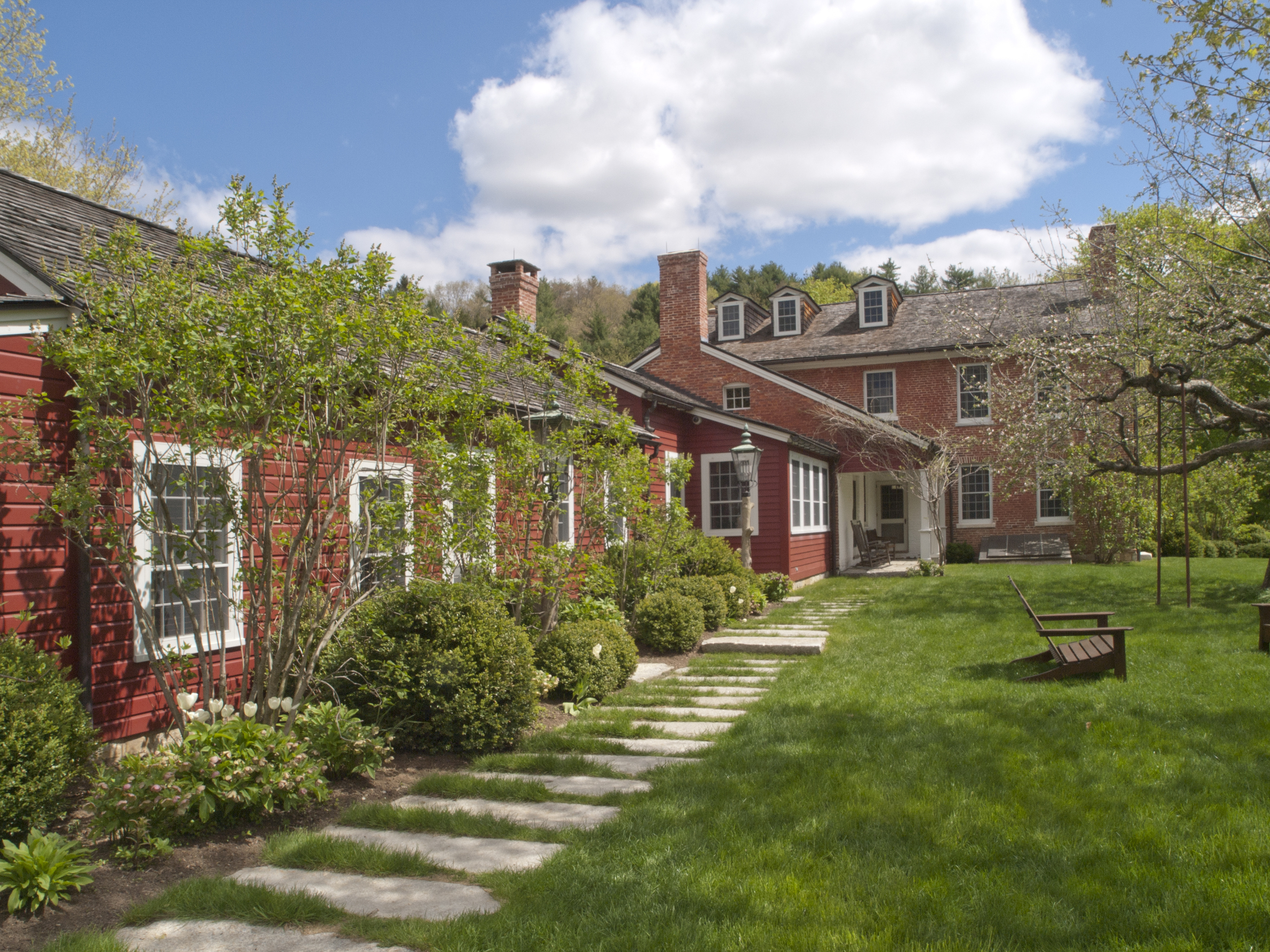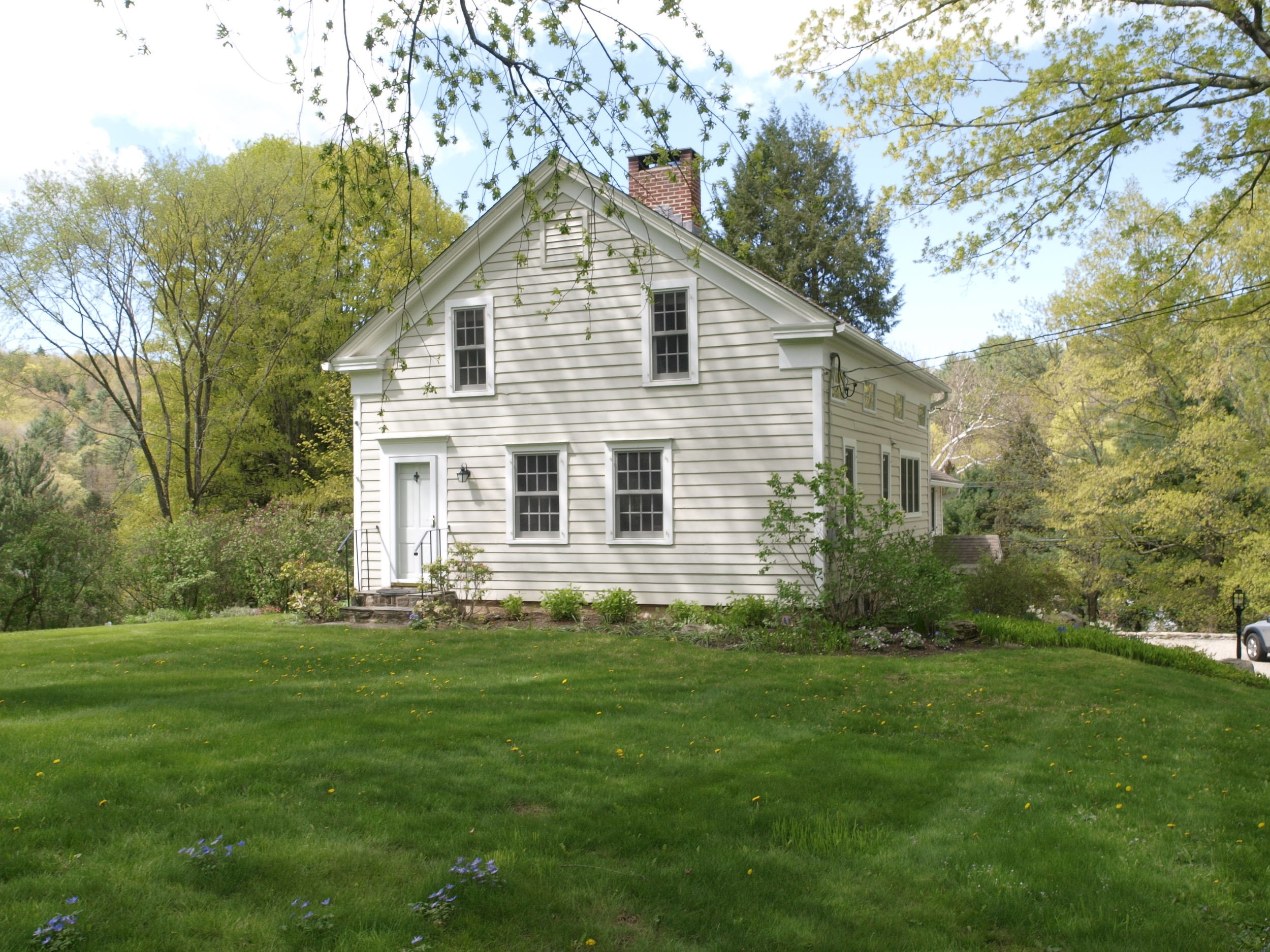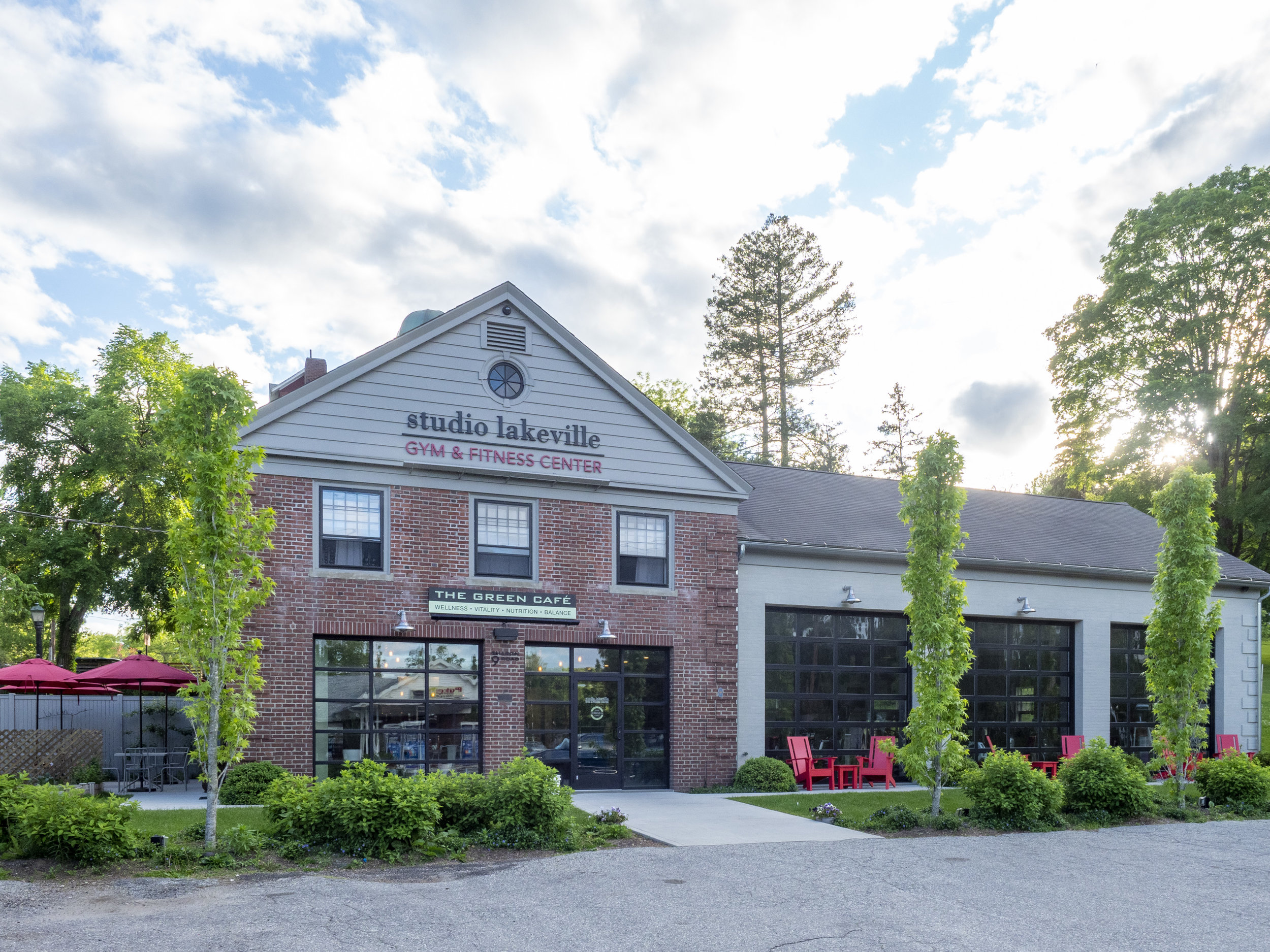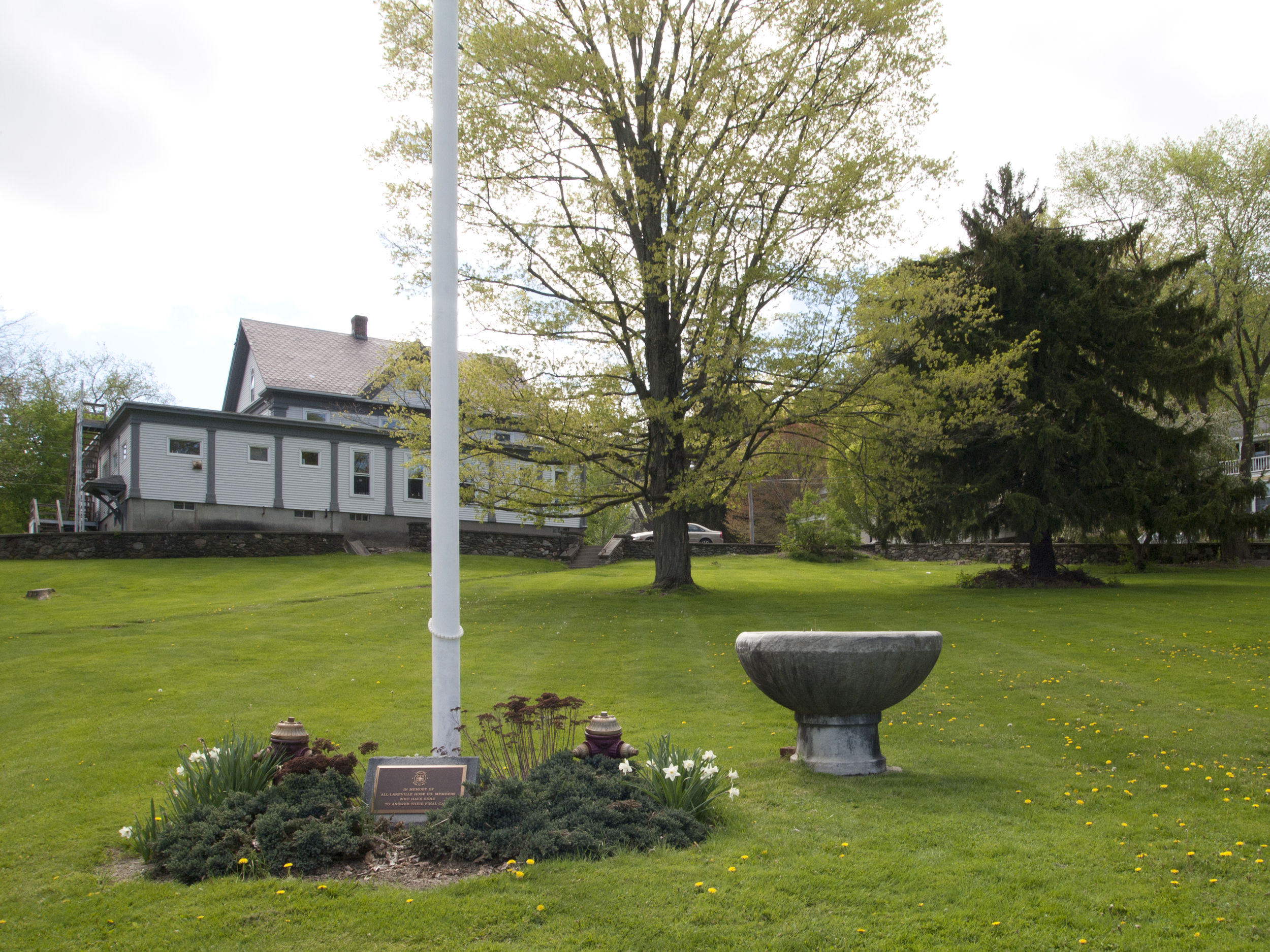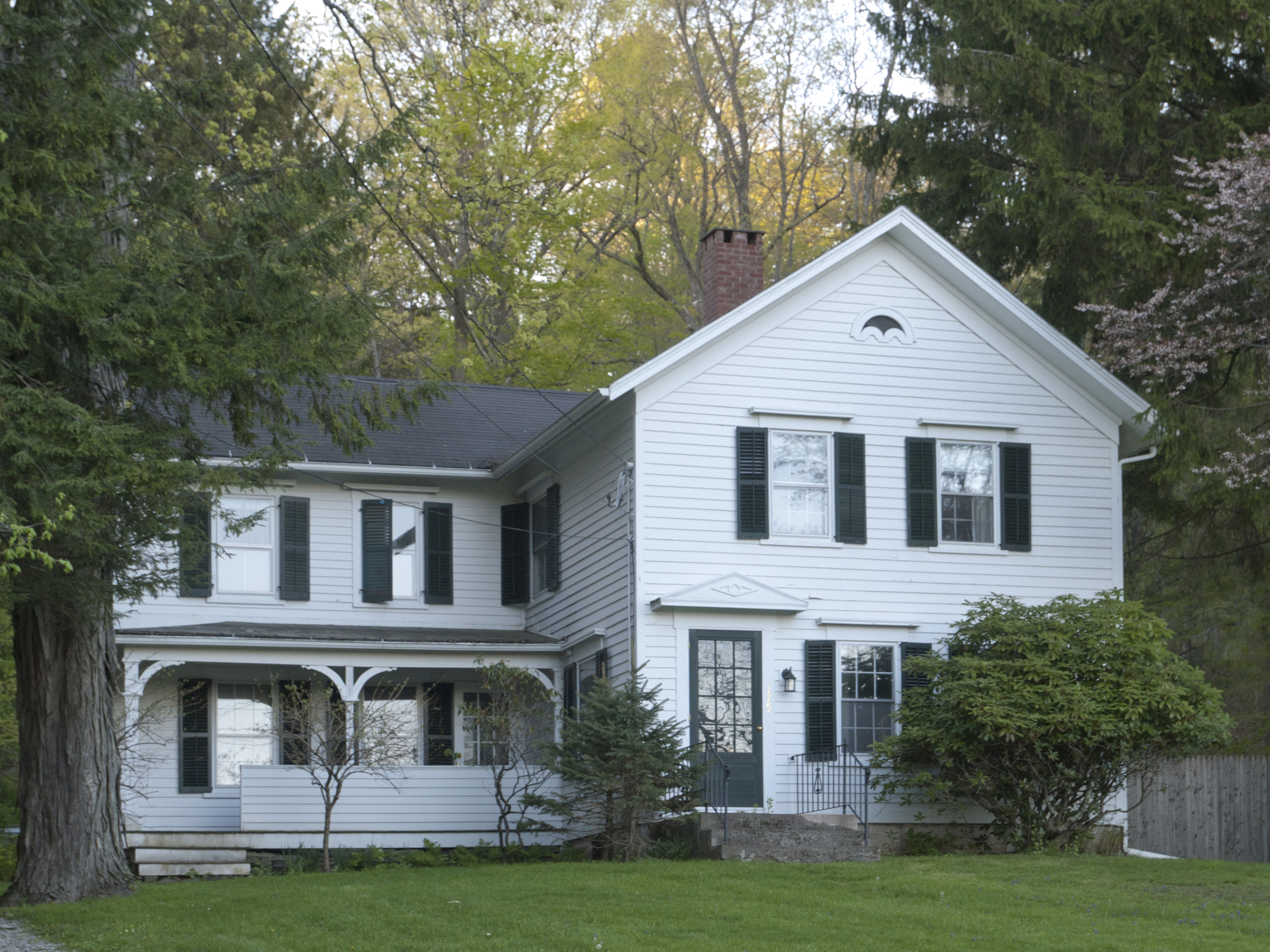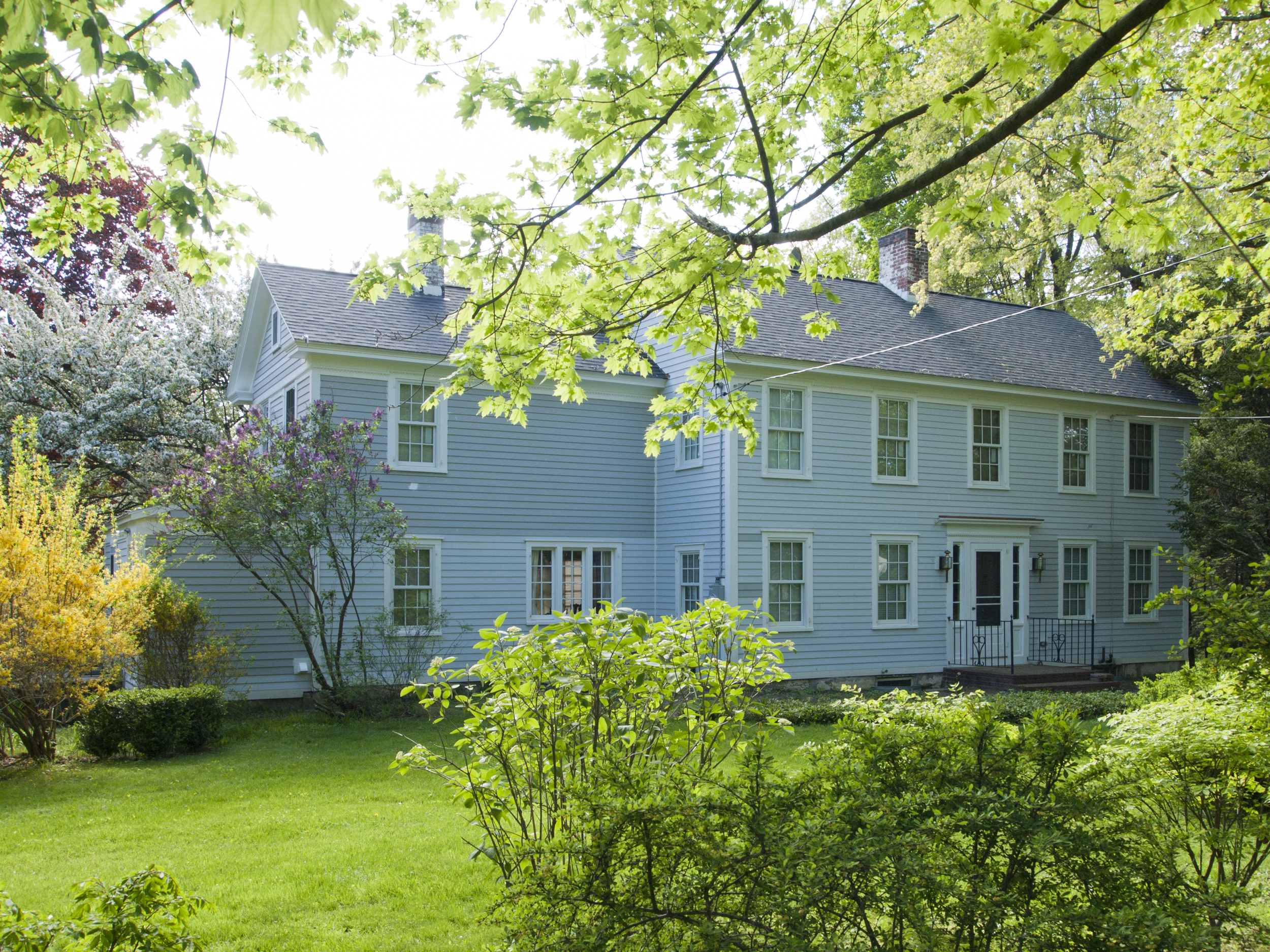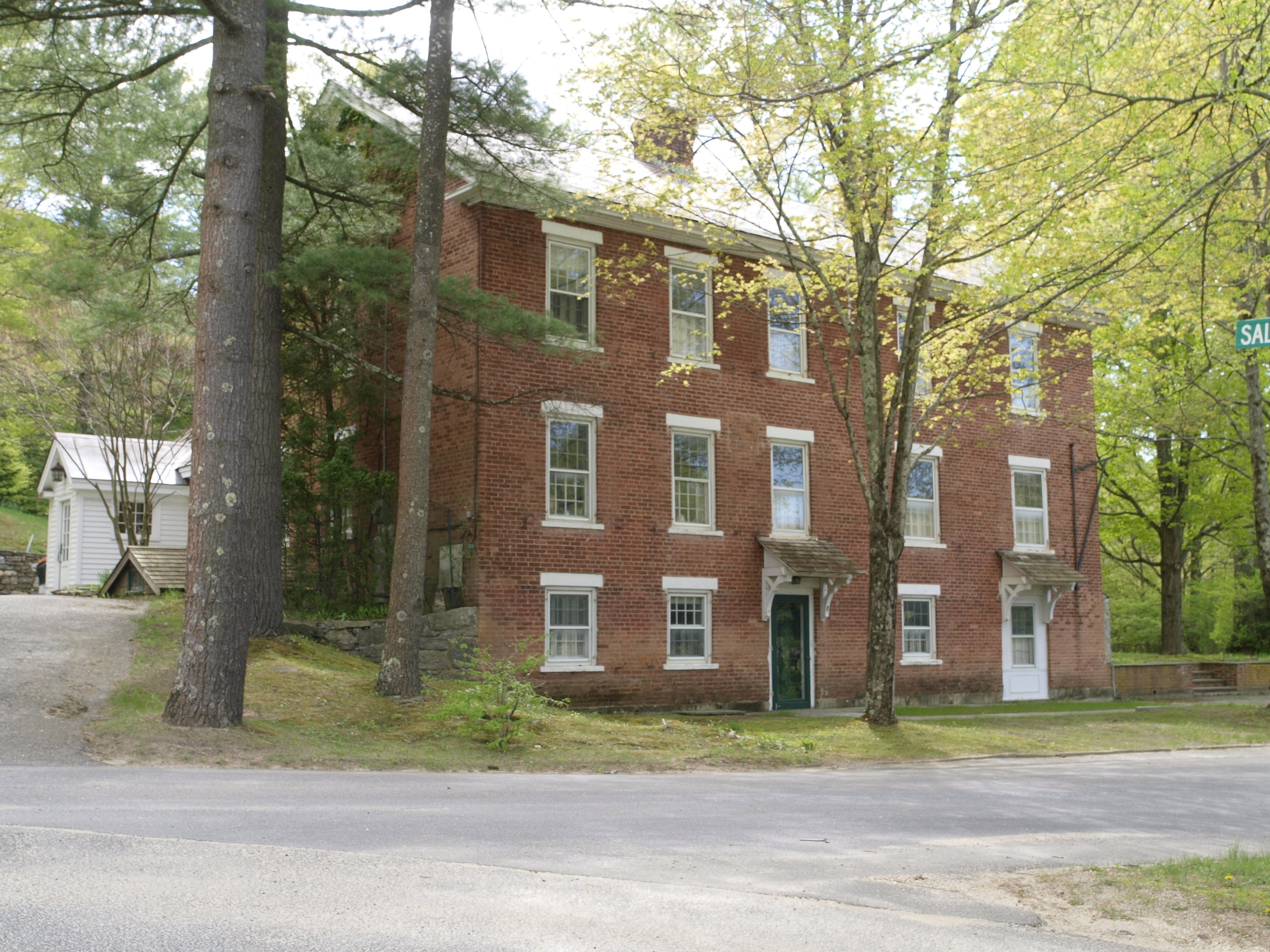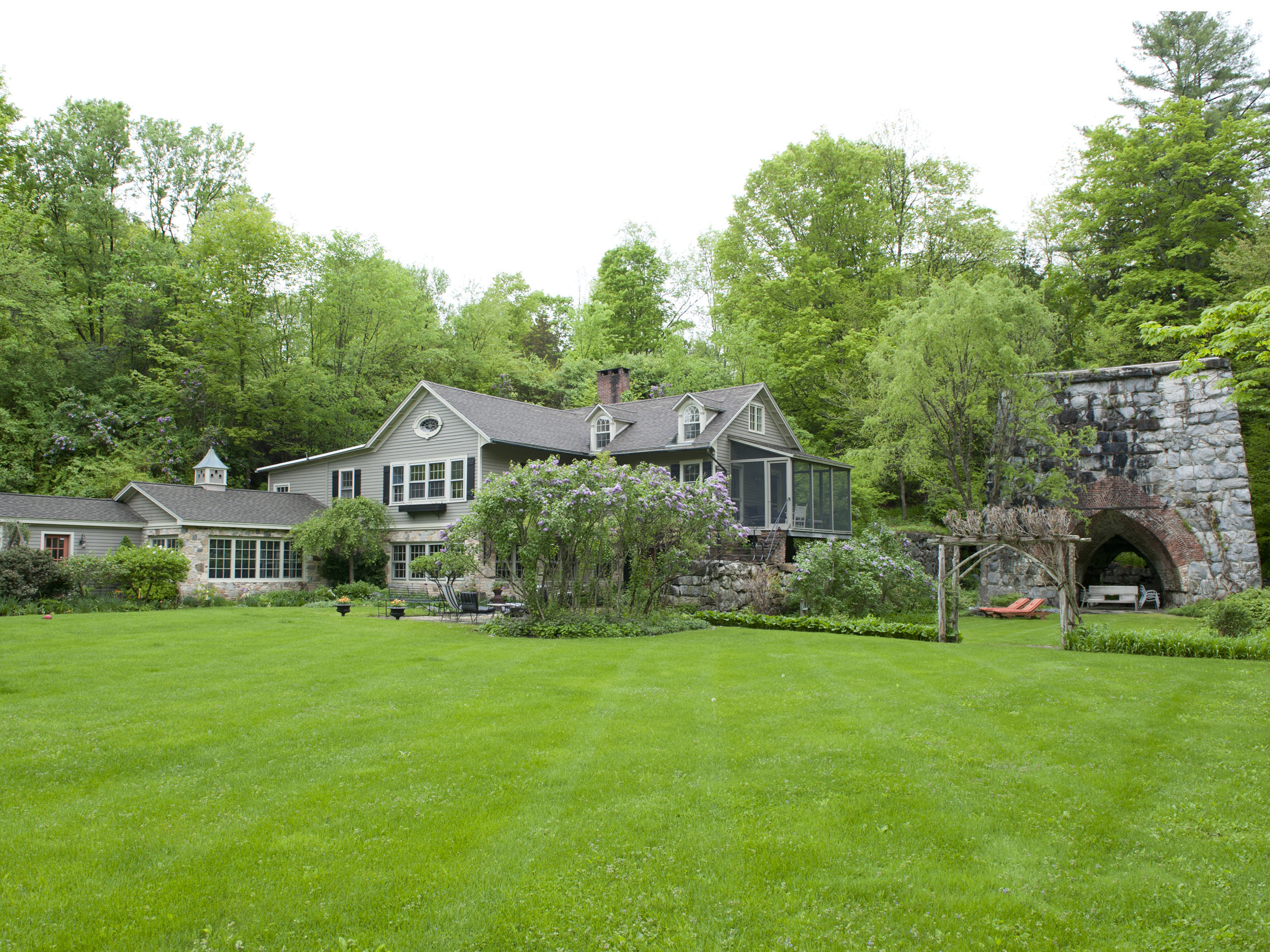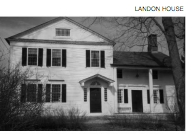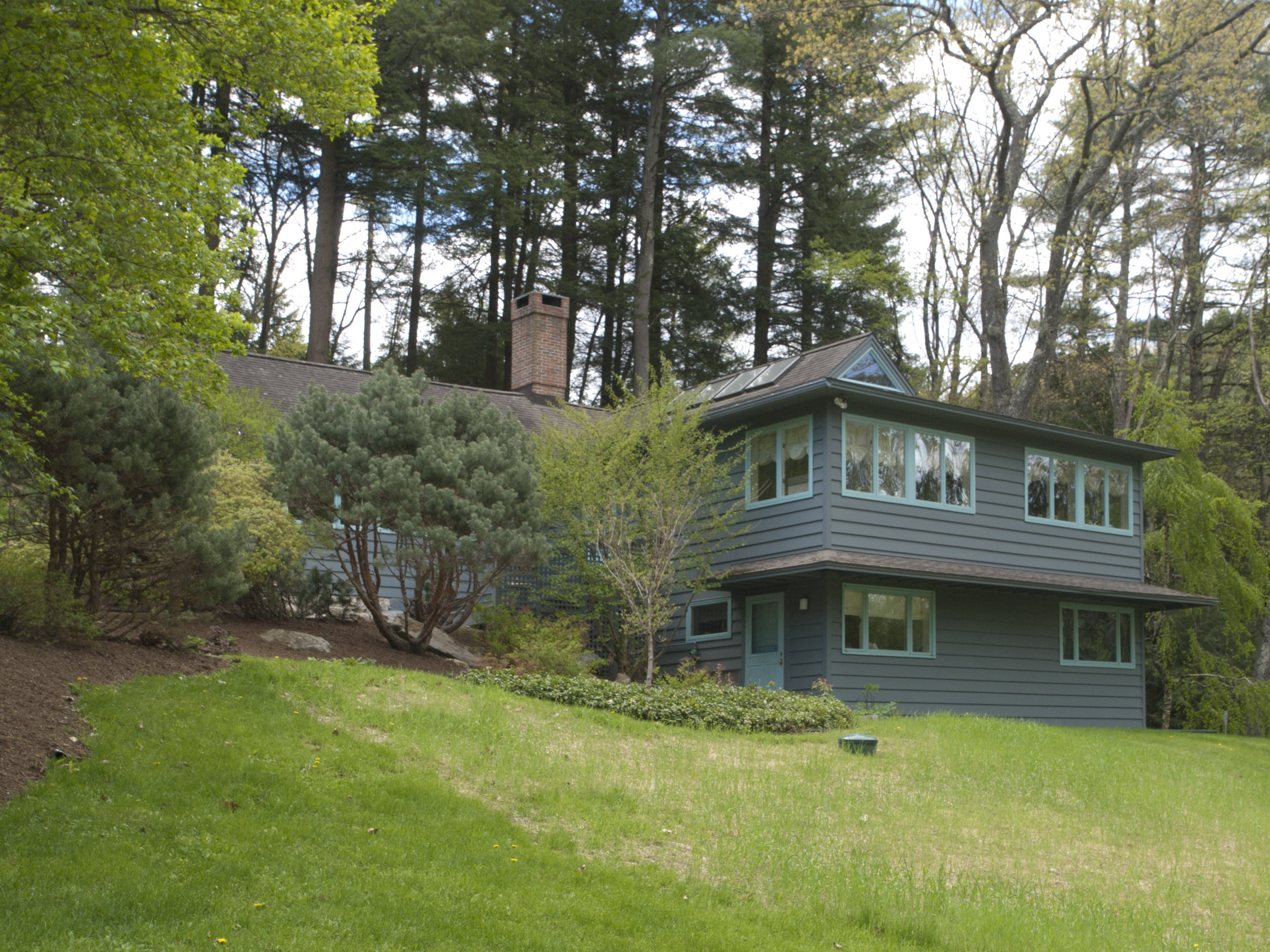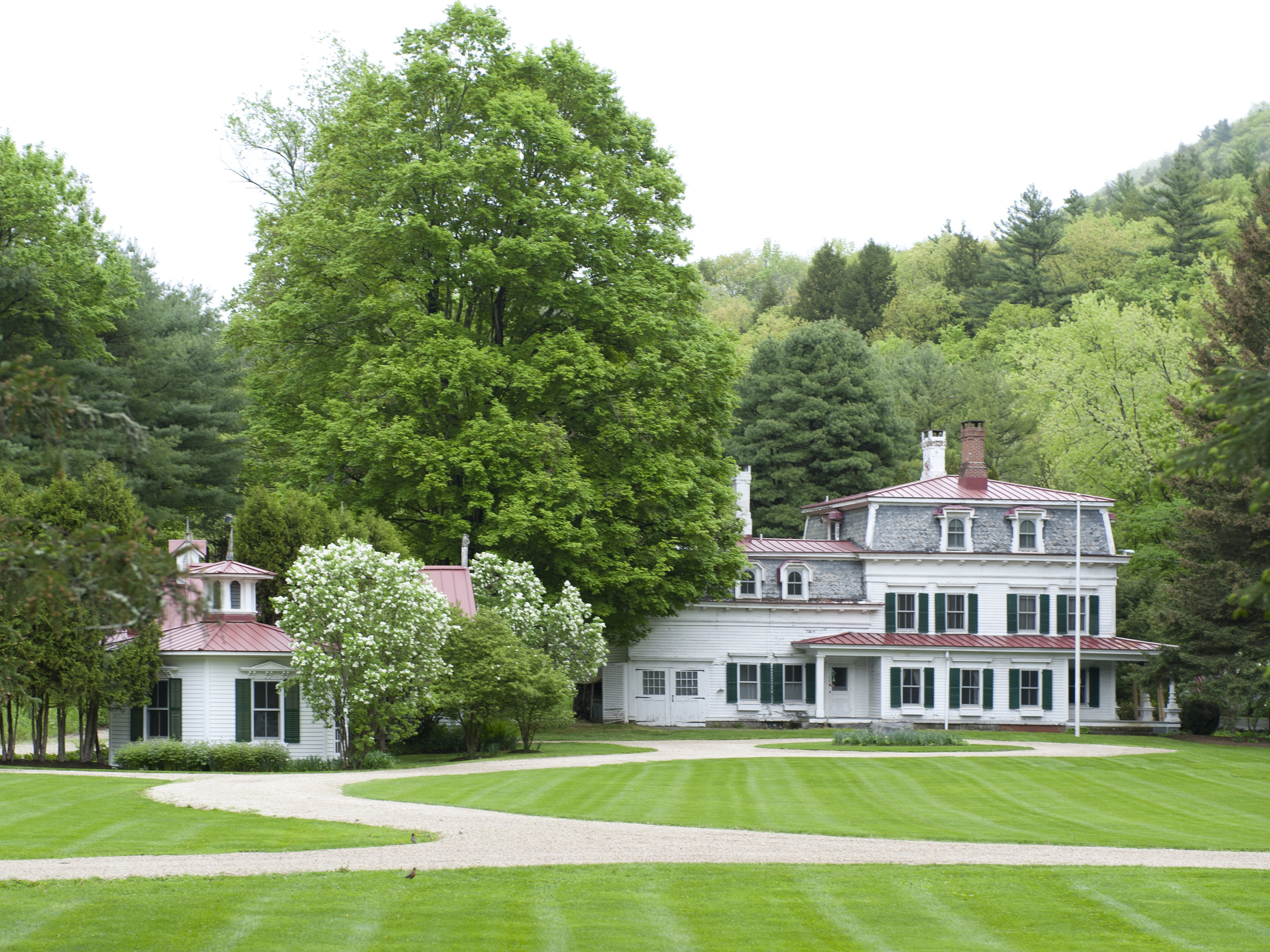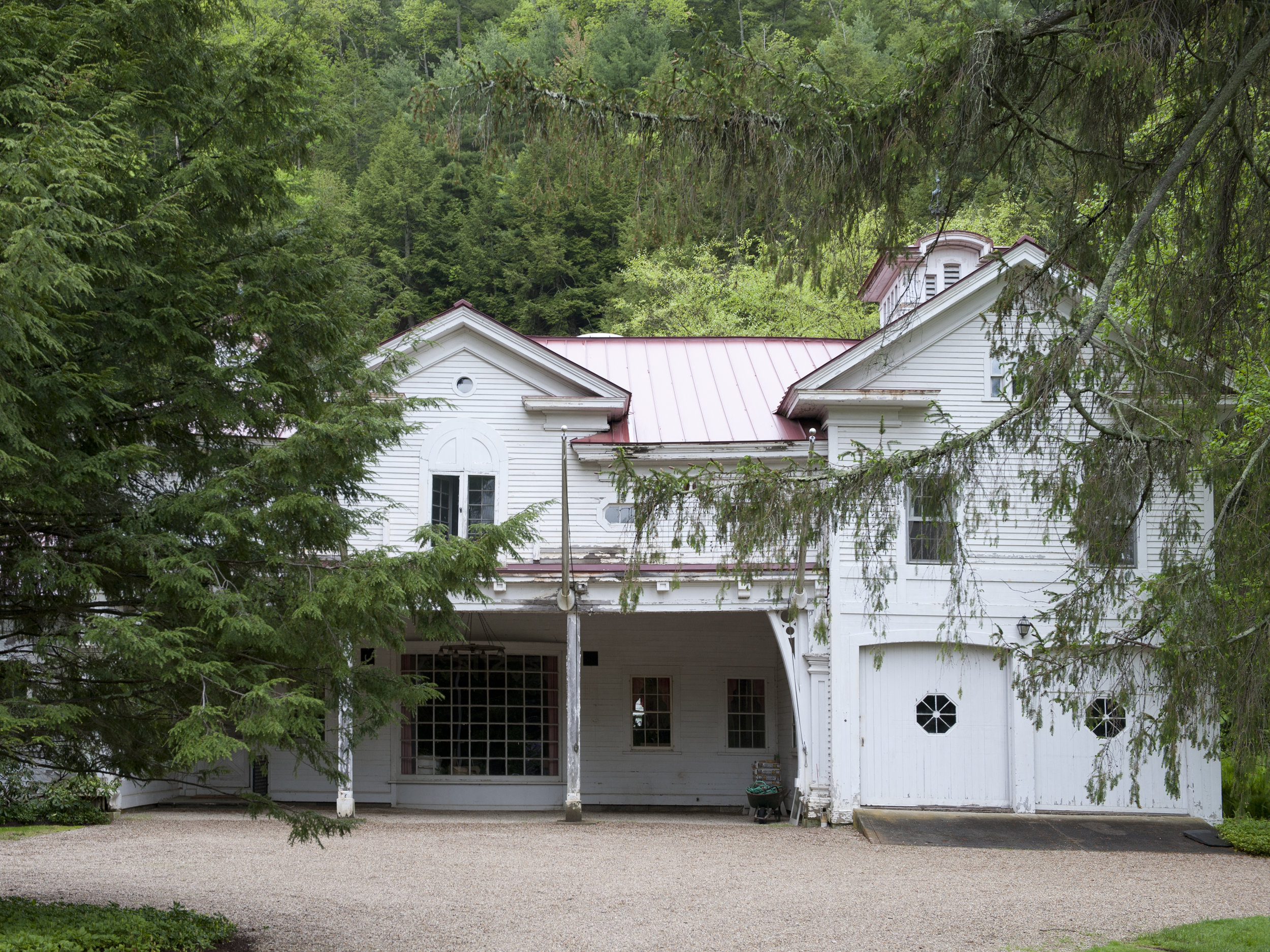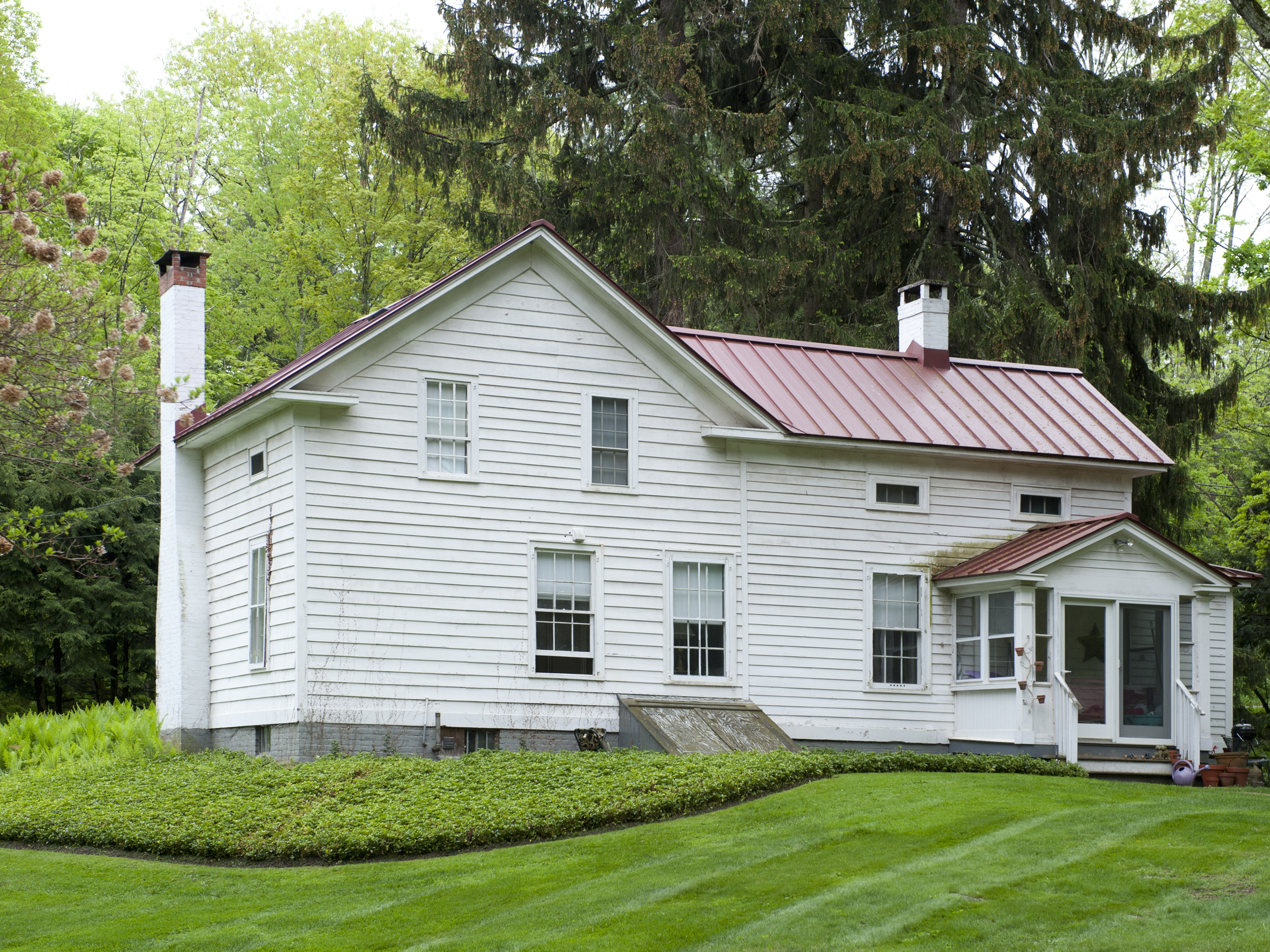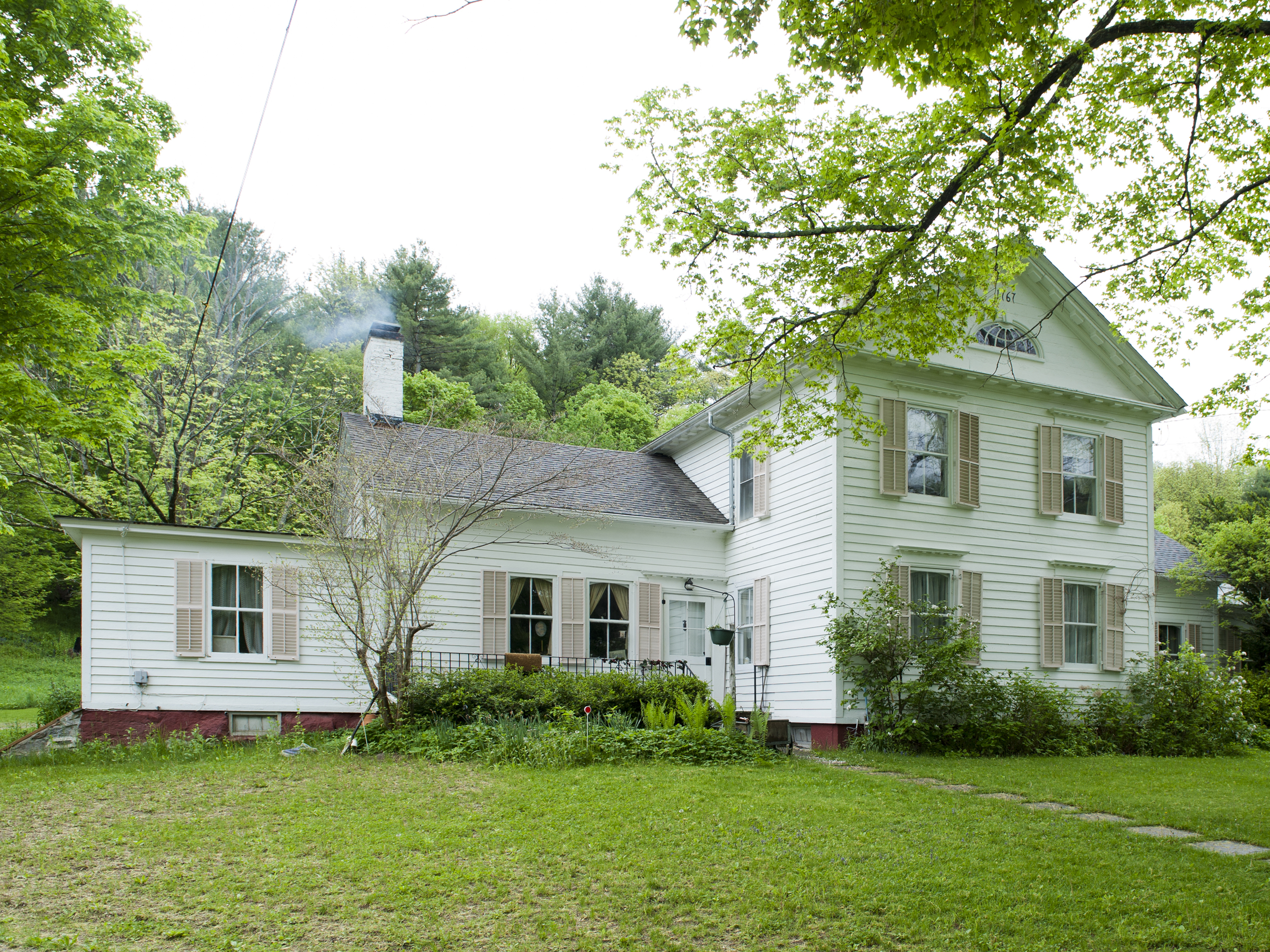We are in the first stage of moving our content to the Salisbury Town Hall website.
Before making any physical alteration to the exterior . . .
All properties listed in the Salisbury Historic District Commission (SHDC) are required to fill out a Certificate of Appropriateness (COA) before making any physical alteration to the exterior of a building or structure affixed to the land that is visible from any public way or place regardless of the age or condition of the specific building or structure.
Click here to download the 2025 Certificate of Appropriateness and for more information.
Then Fill out, Scan, and Email to HistoricSalisburyCT@gmail.com
When received, the COA is dated, and this prompts SHDC to include a review and discussion with the homeowner/or their agent or contractor at the next monthly meeting, who is emailed an agenda with the meeting details.
At the meeting, the COA is either accepted or, after discussion, a change may be requested to the application for resubmission. We will identify whether this change is a modification or repair during the discussion.
If it is a modification, there are next steps. We may first need a site visit or request more information. Once concluded, a public notice will run for two weeks in a local paper. A Public Hearing will be held at the next monthly meeting. The applicant (owner and or representative) is expected to attend this meeting to field any questions. After public comments are expressed and any further questions from the commissioners are voiced, a vote is taken. SHDC must render a decision no more than 65 days after an application is deemed complete and filed.
Some requests additionally need approval from the Planning and Zoning Commission and the Building Inspector.
11/2022
To business owners operating in historic buildings:
CT State Historic Presentation Office presented information on the Federal Historic Preservation Tax Incentive for businesses in historic buildings.
Installing Solar Panels and Meeting the Secretary of the Interior's Standards
Solar panels installed on a historic property in a location that cannot be seen from the ground will generally meet the Secretary of the Interior’s Standards for Rehabilitation. Conversely, an installation that negatively impacts the historic character of a property will not meet the Standards.
But what about the grey area between out–of–sight and obviously obtrusive installations?
Although every project is different and must be evaluated on its own merit, the National Park Service has developed this information on how to apply the Standards to the installation of solar panels. For more, please click here.
What materials to use when repairing?
Replacement in kind
- OR -
With a material that was once there.
Historic Districts are hereby established within the town of Salisbury to promote the educational, cultural, economic and general welfare of the public through the preservation and protection of the distinctive characteristics of buildings and places associated with the history of or indicative of a period or style of architecture of the municipality, of the state or of the nation.
May 21, 1993 - Passed at Town Meeting Amends Ordinance #27 - February, 1970 - Amendment to Historic Districts, Fourth Amendment to Ordinance Number 27, concerning the Historic District Commission. Be it ordained by the electors of the Town of Salisbury in Special Town Meeting assembled: Section 1 of Ordinance Number 27, adopted on February 19, 1970, is repealed, and the above is substituted in lieu thereof.
Section 1. Pursuant to Sections 7-147-a-k of the Connecticut General Statues. This Section shall serve as the statement of purpose of this Ordinance.
NOTICE:
Beginning in January 2024, we will have hybrid meetings. We’ll meet via Zoom and in person at Town Hall in the first-floor board room. This meeting is open to the public, recorded, and guided by the agenda:
Review Certificates of Appropriateness sent to us by the close date for each meeting.
We meet with Historic Home/Property owners/representatives who request information.
When all the commissioners and alternates need to discuss the commission's operation.
